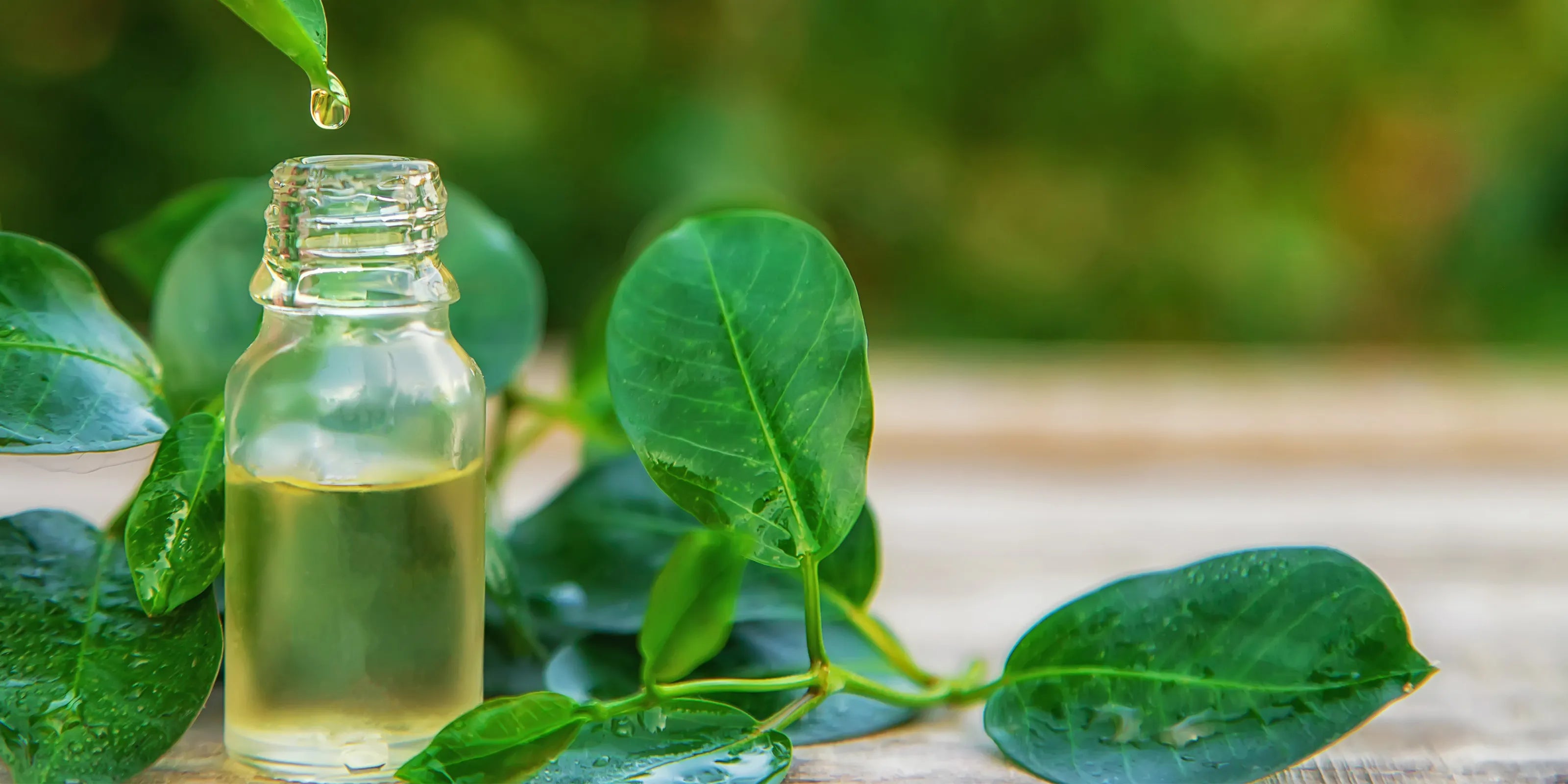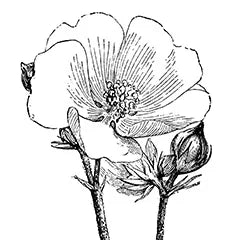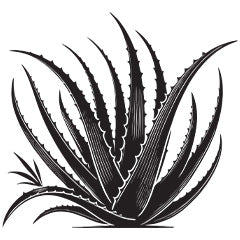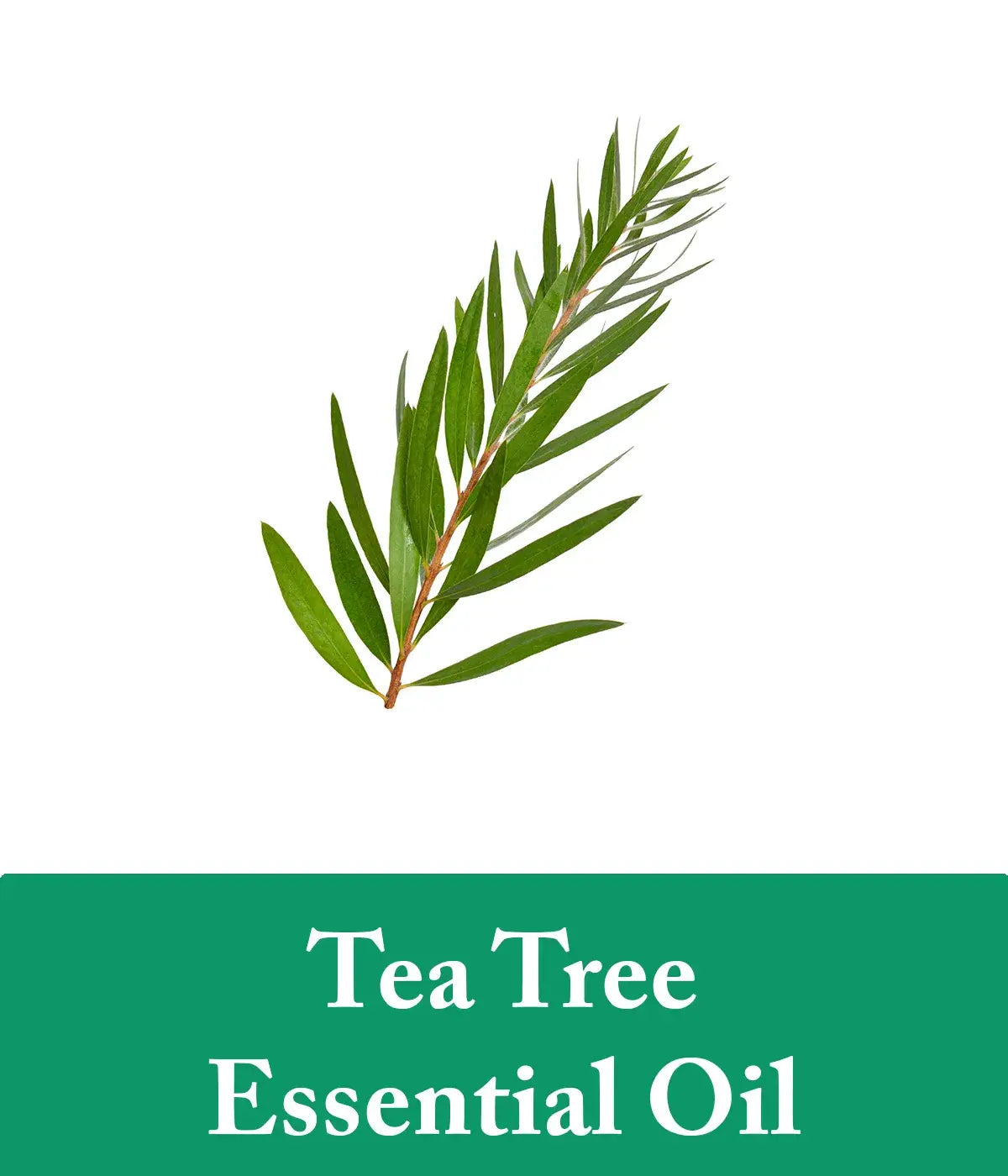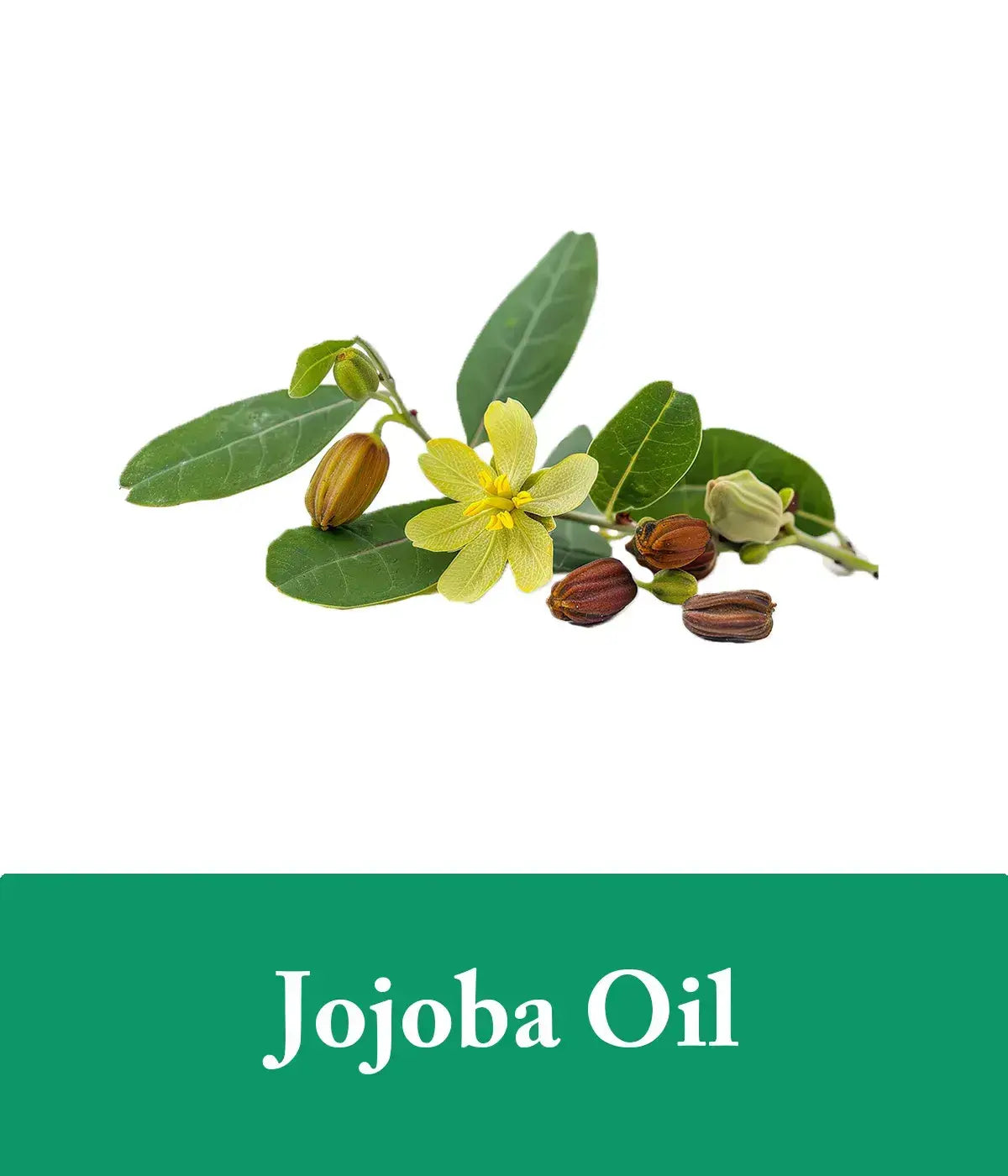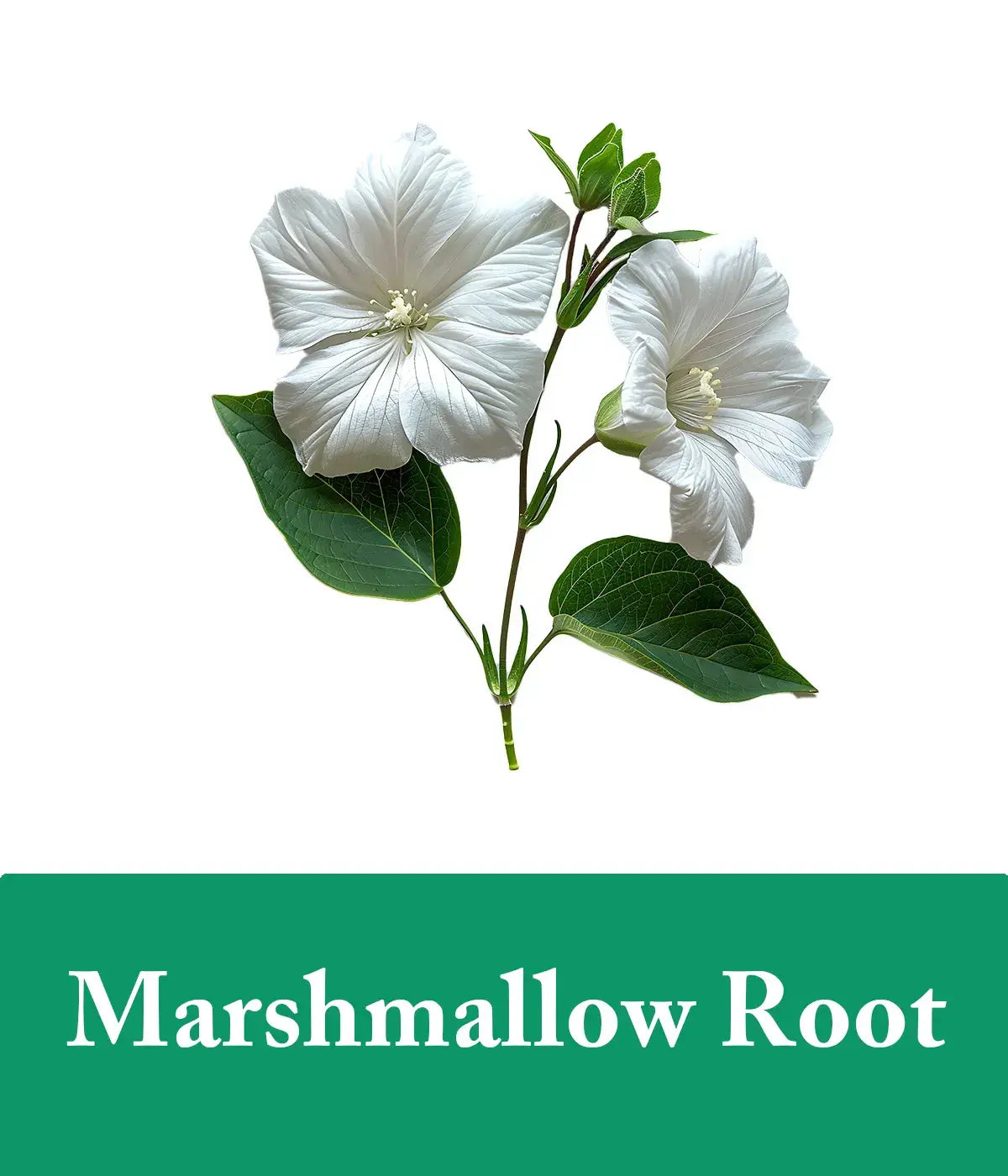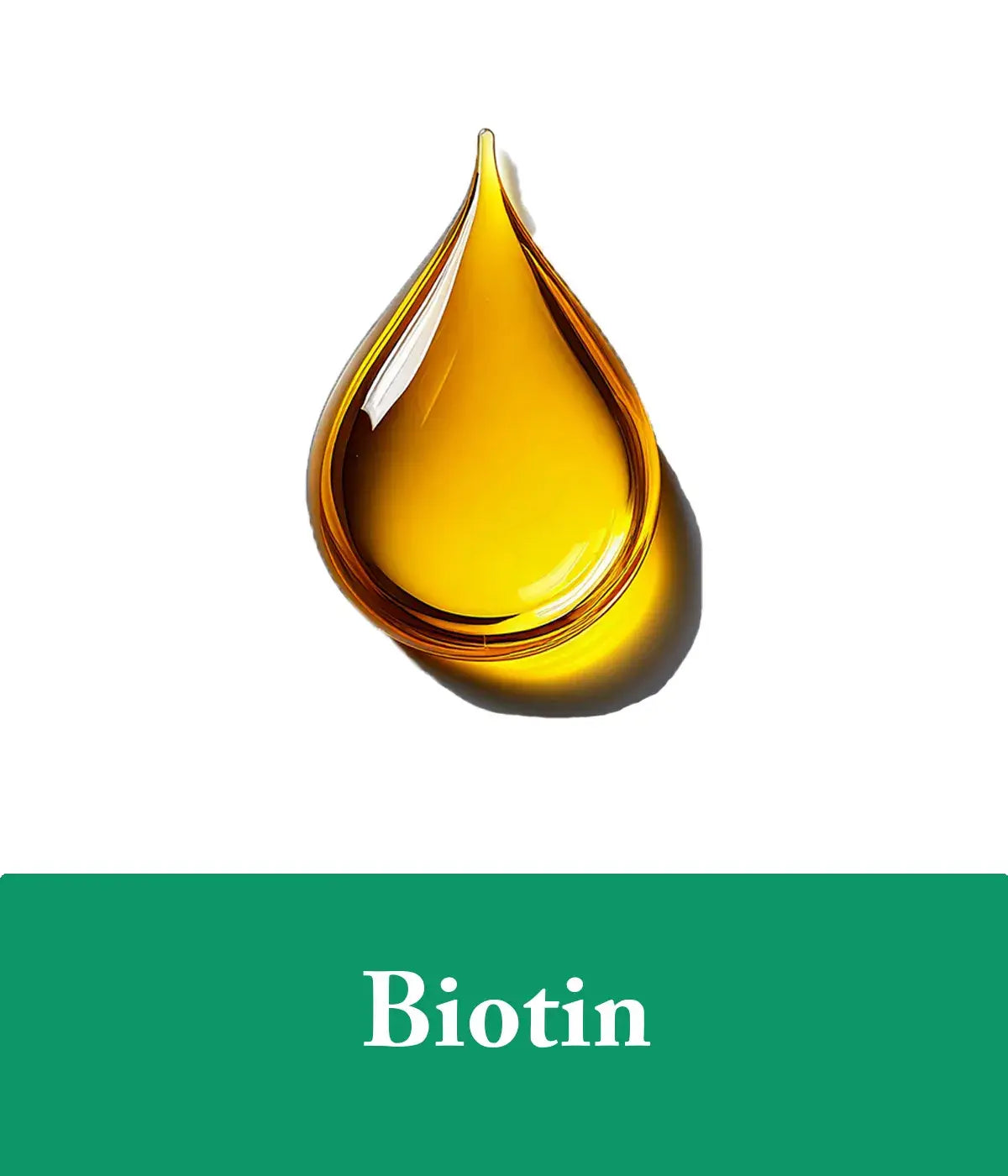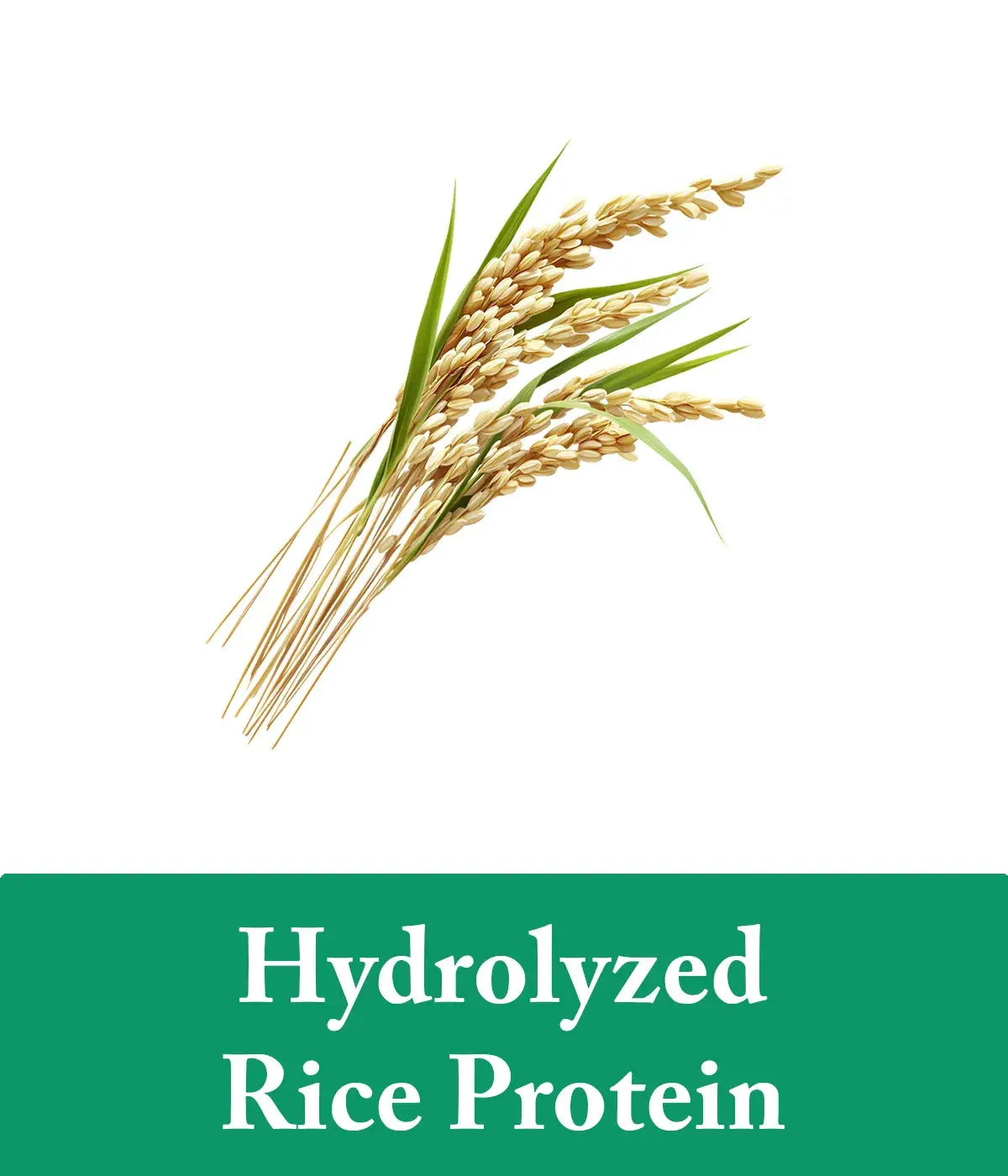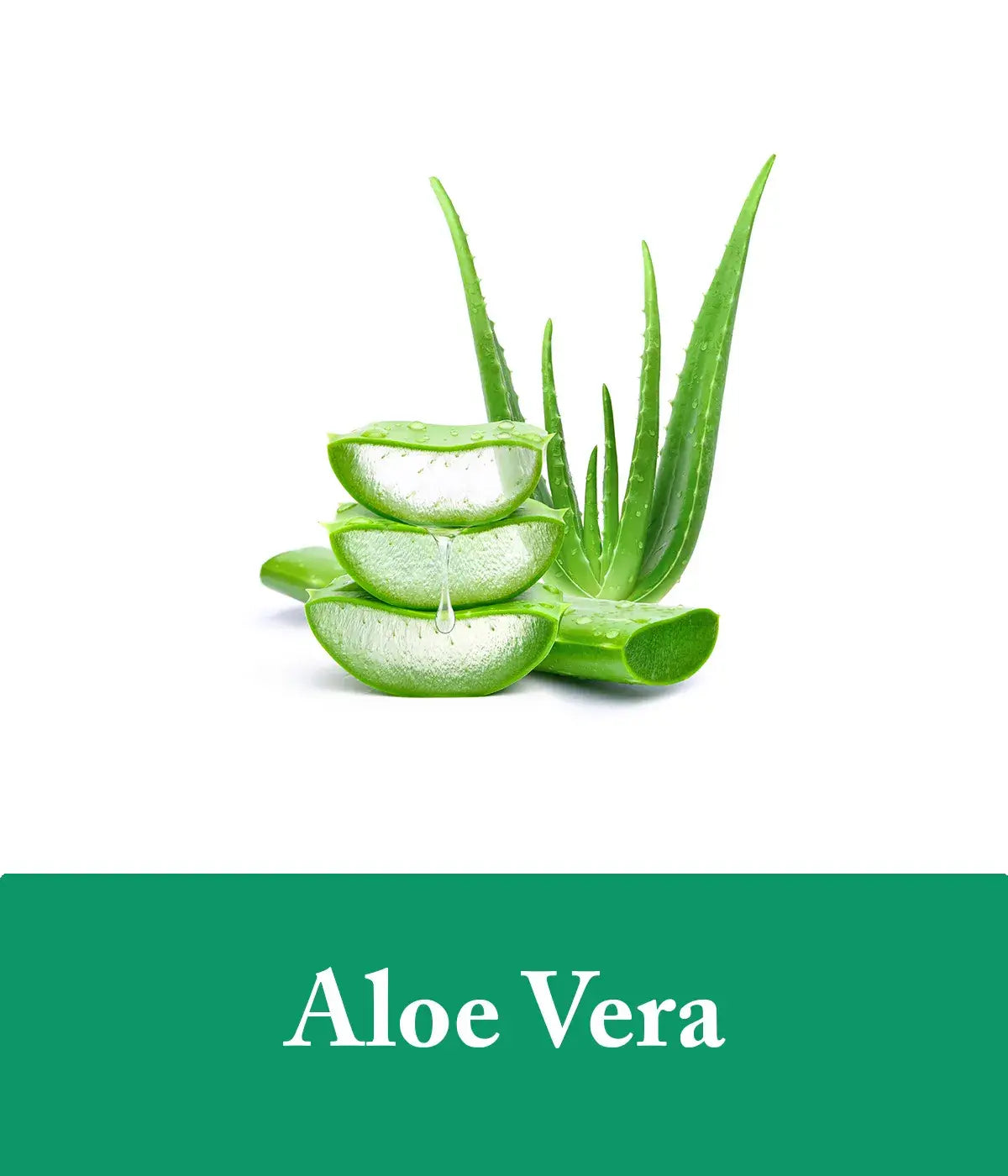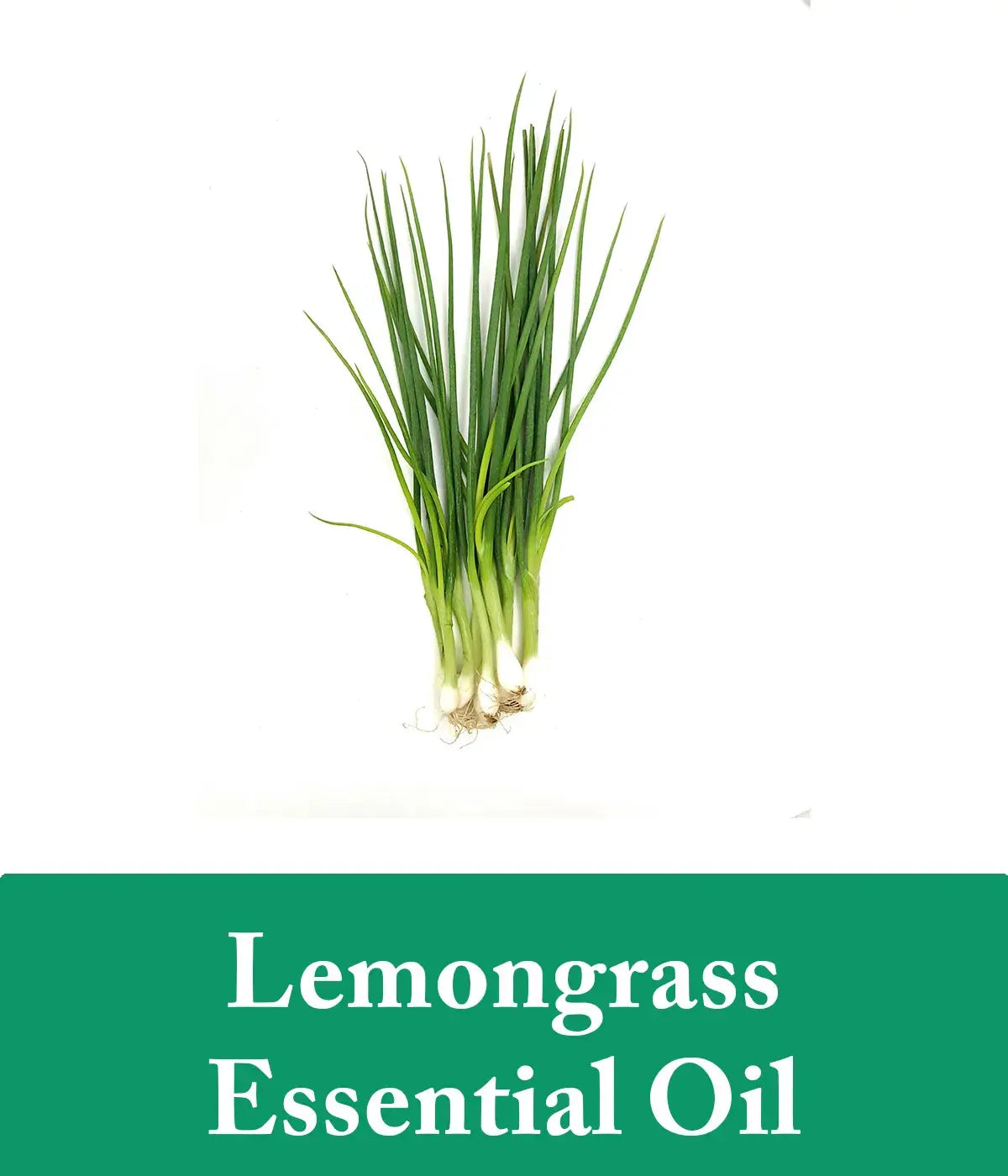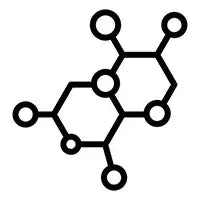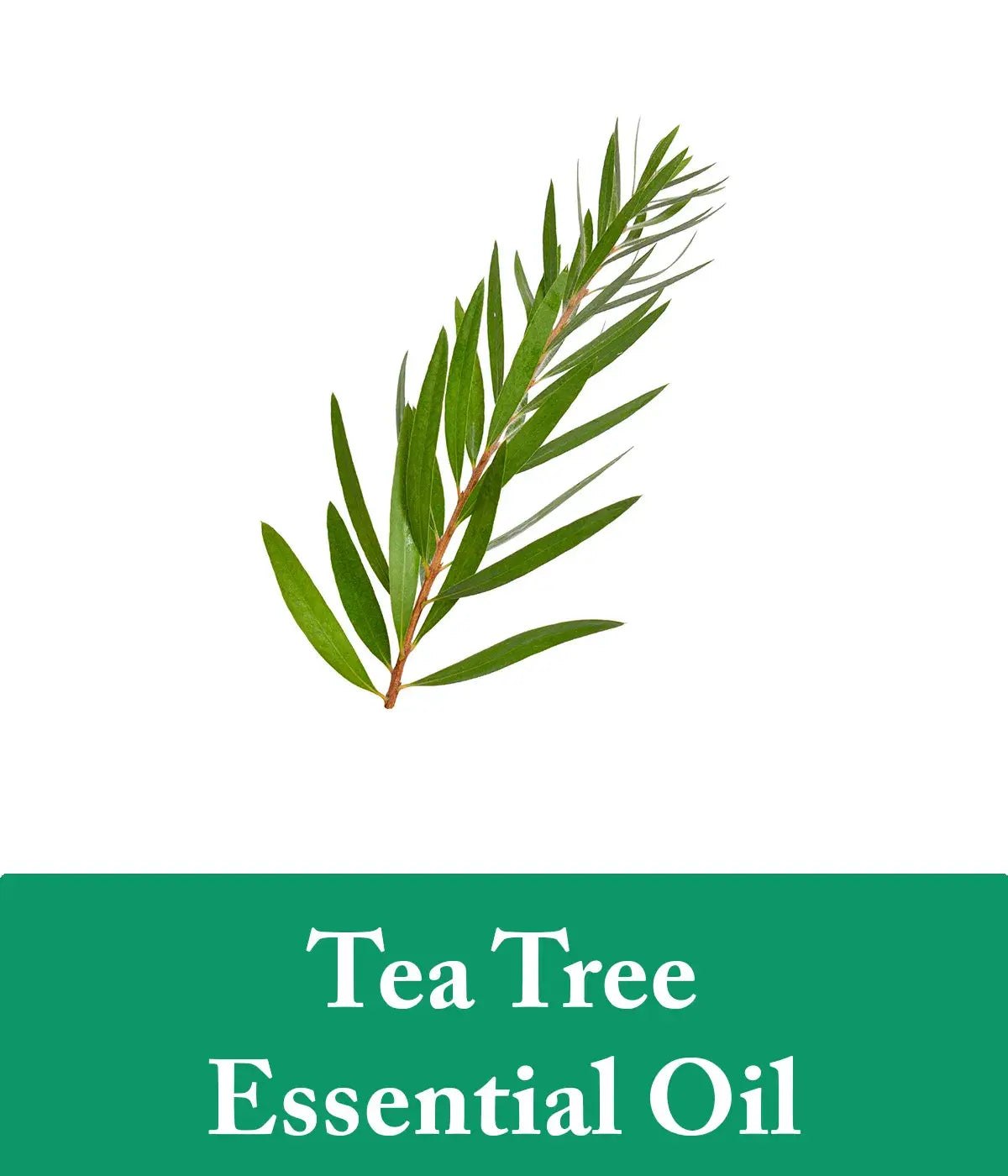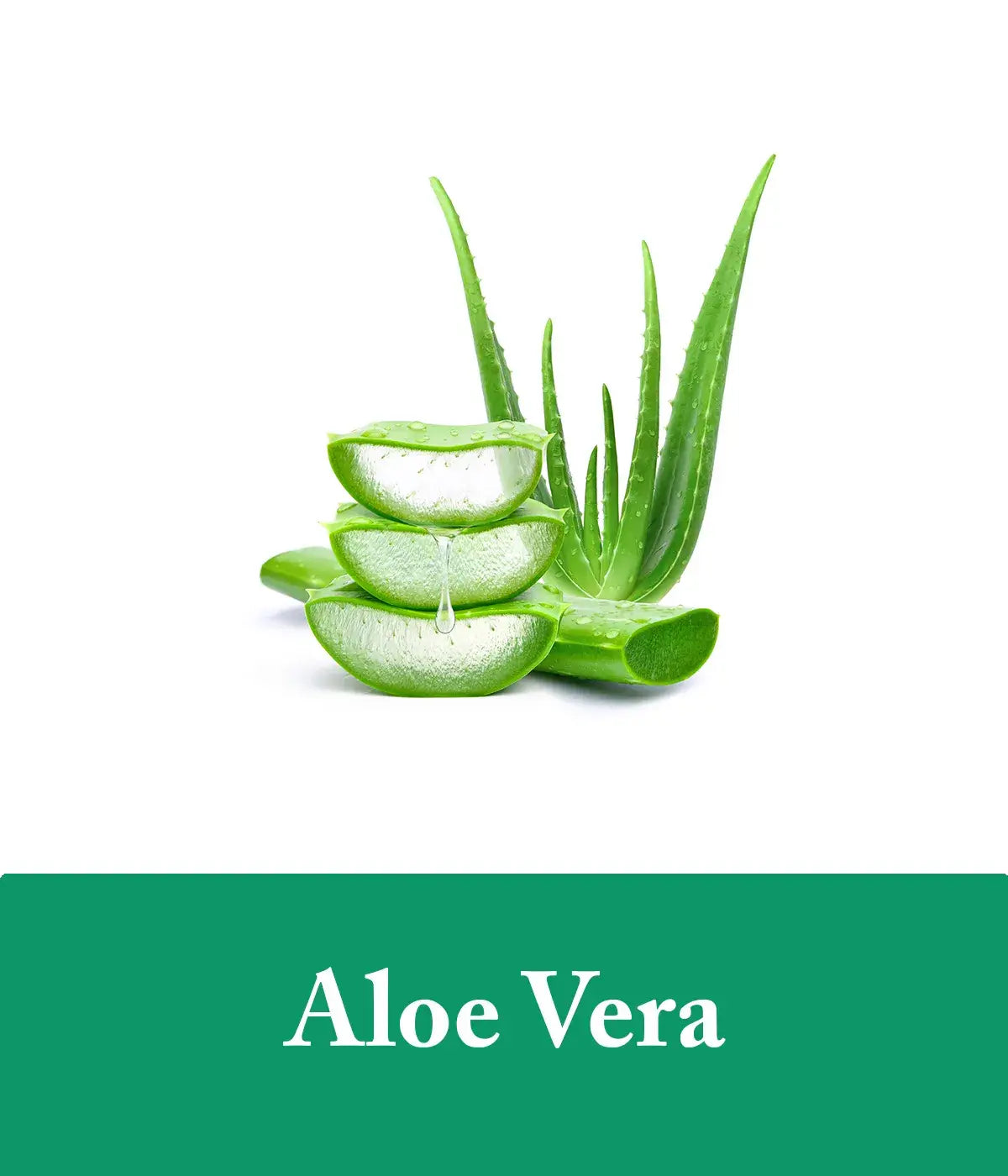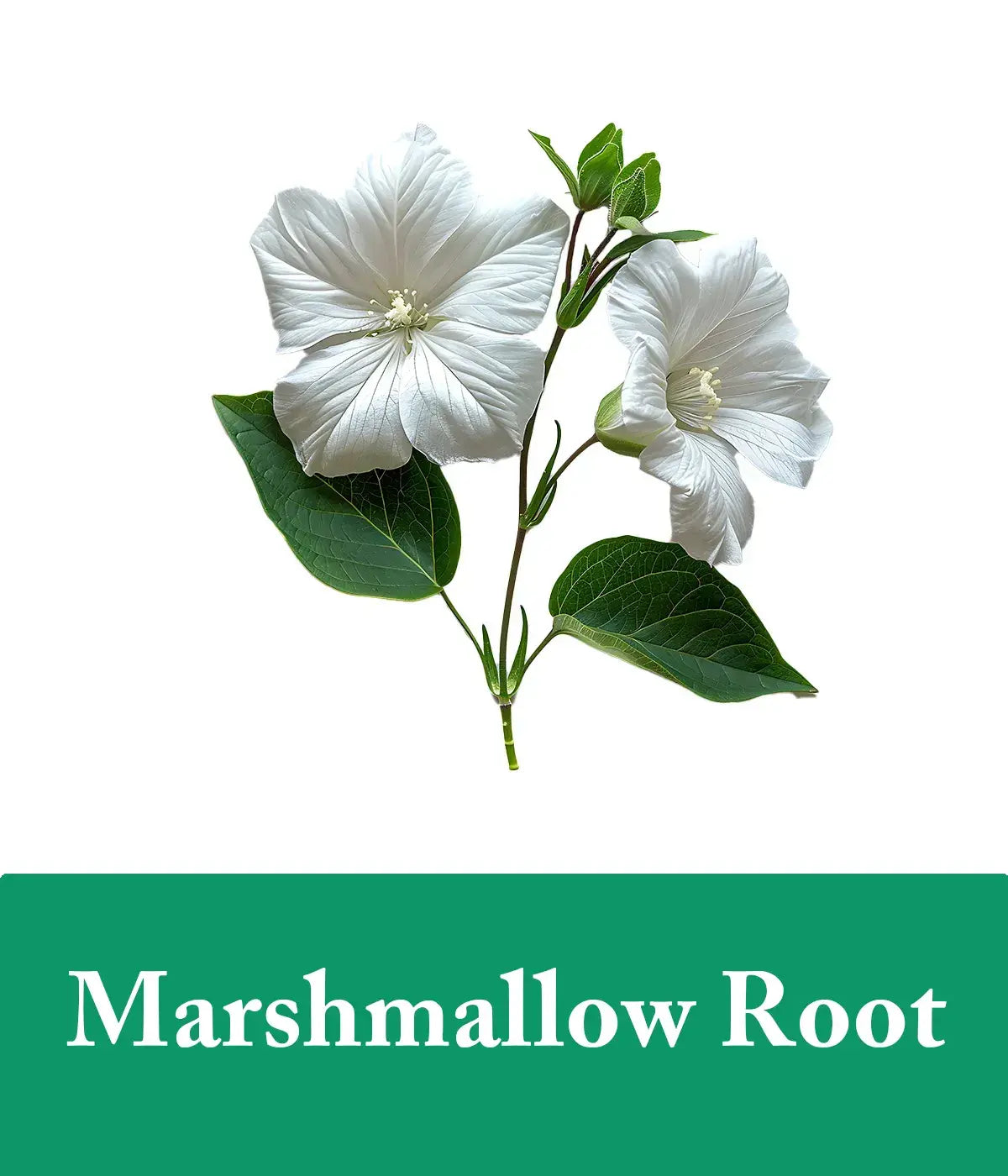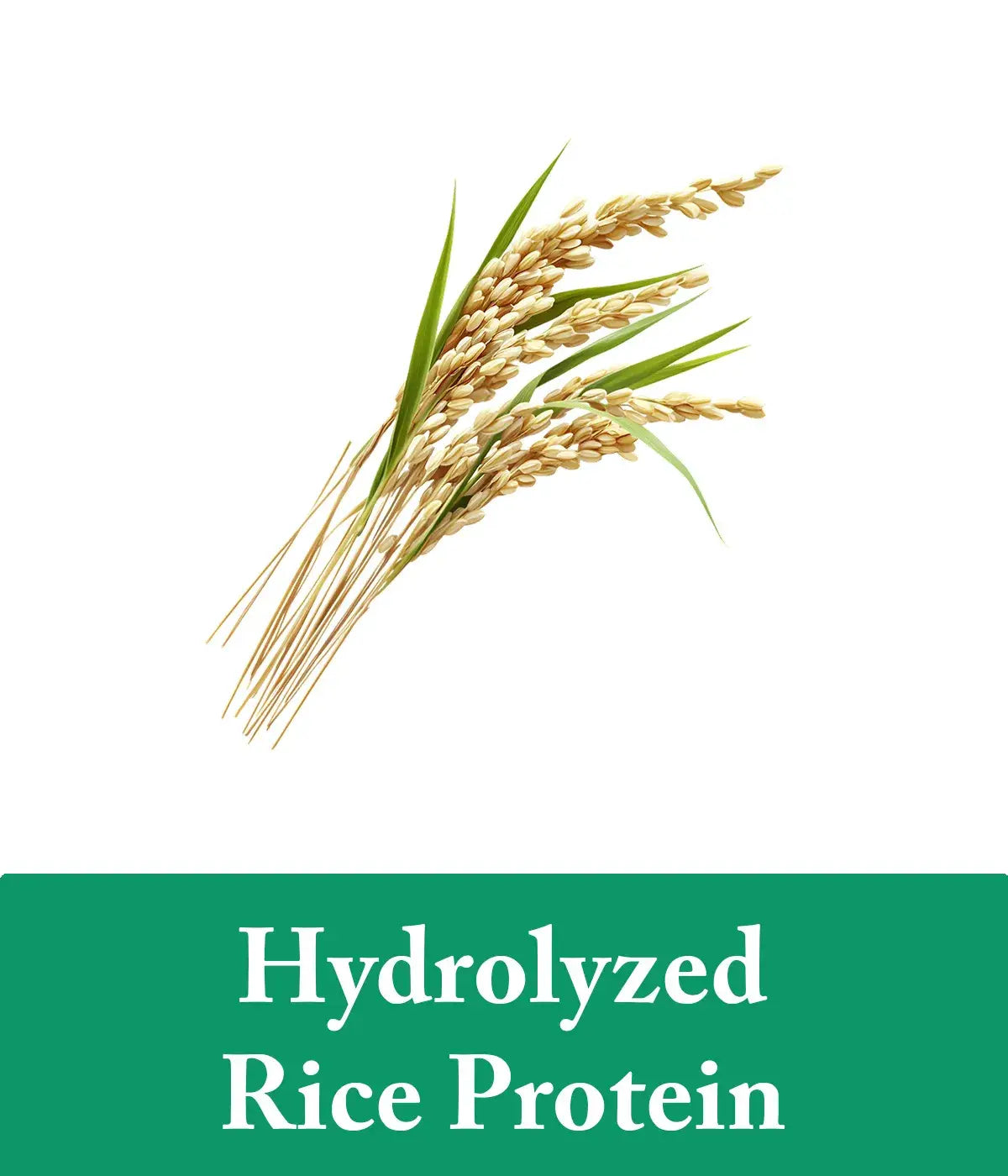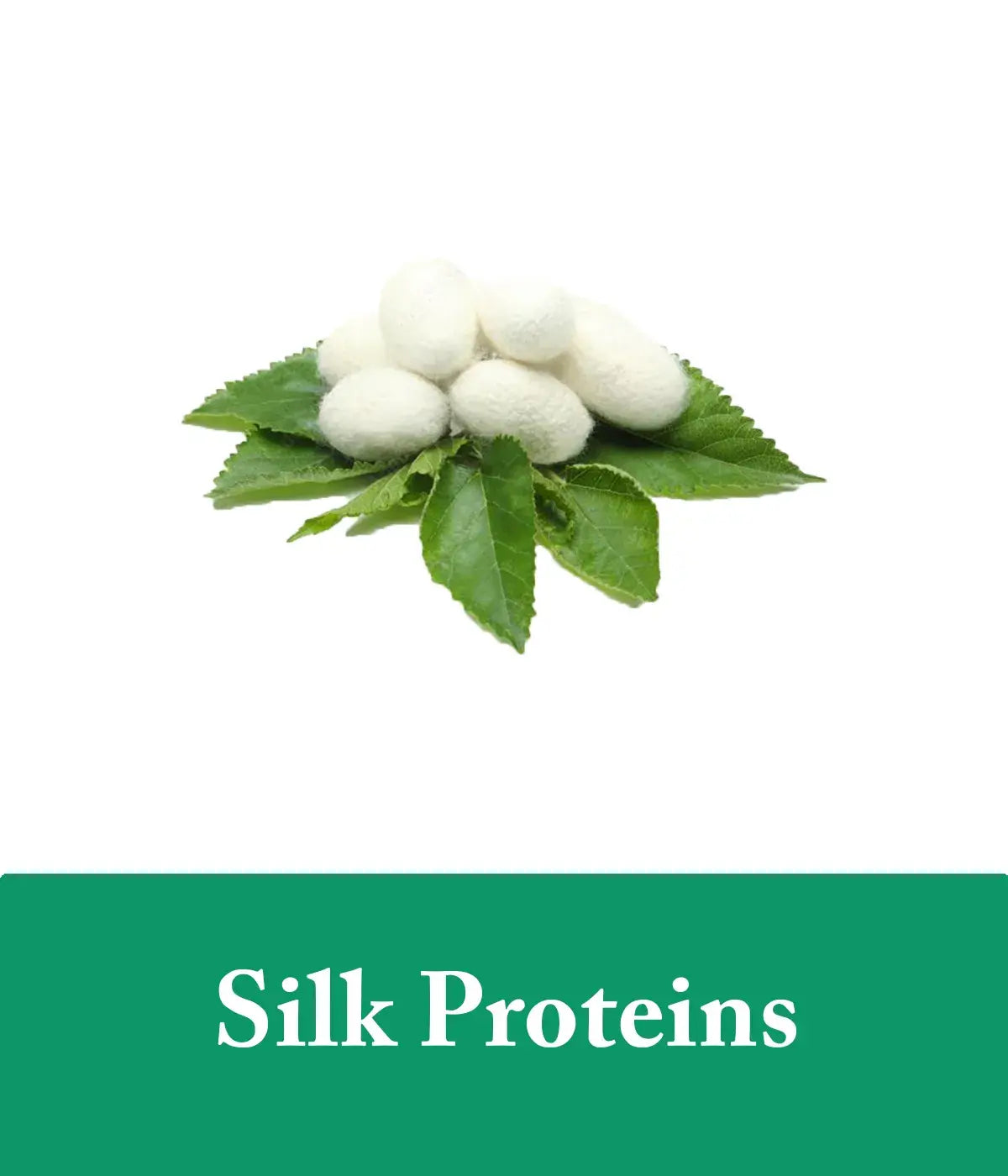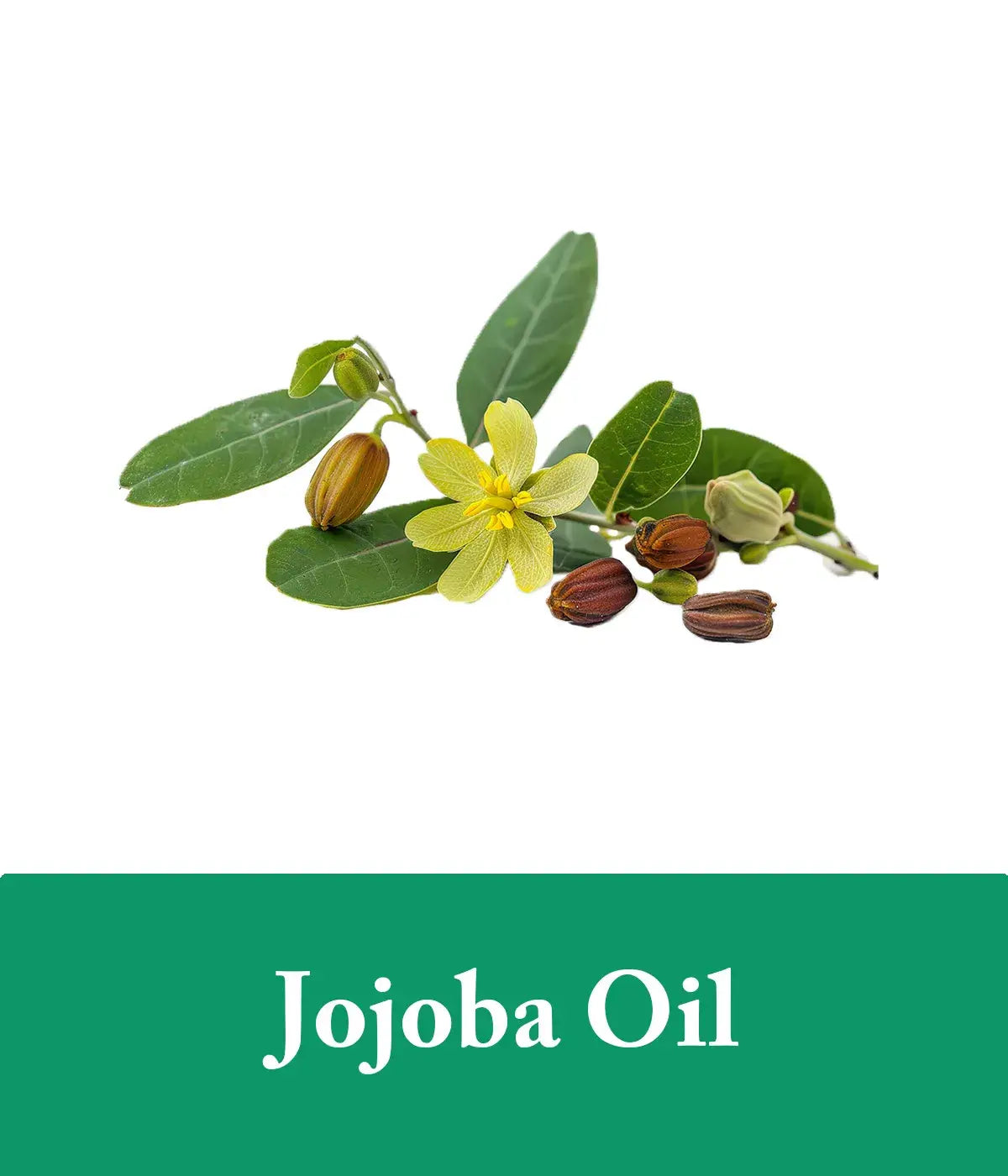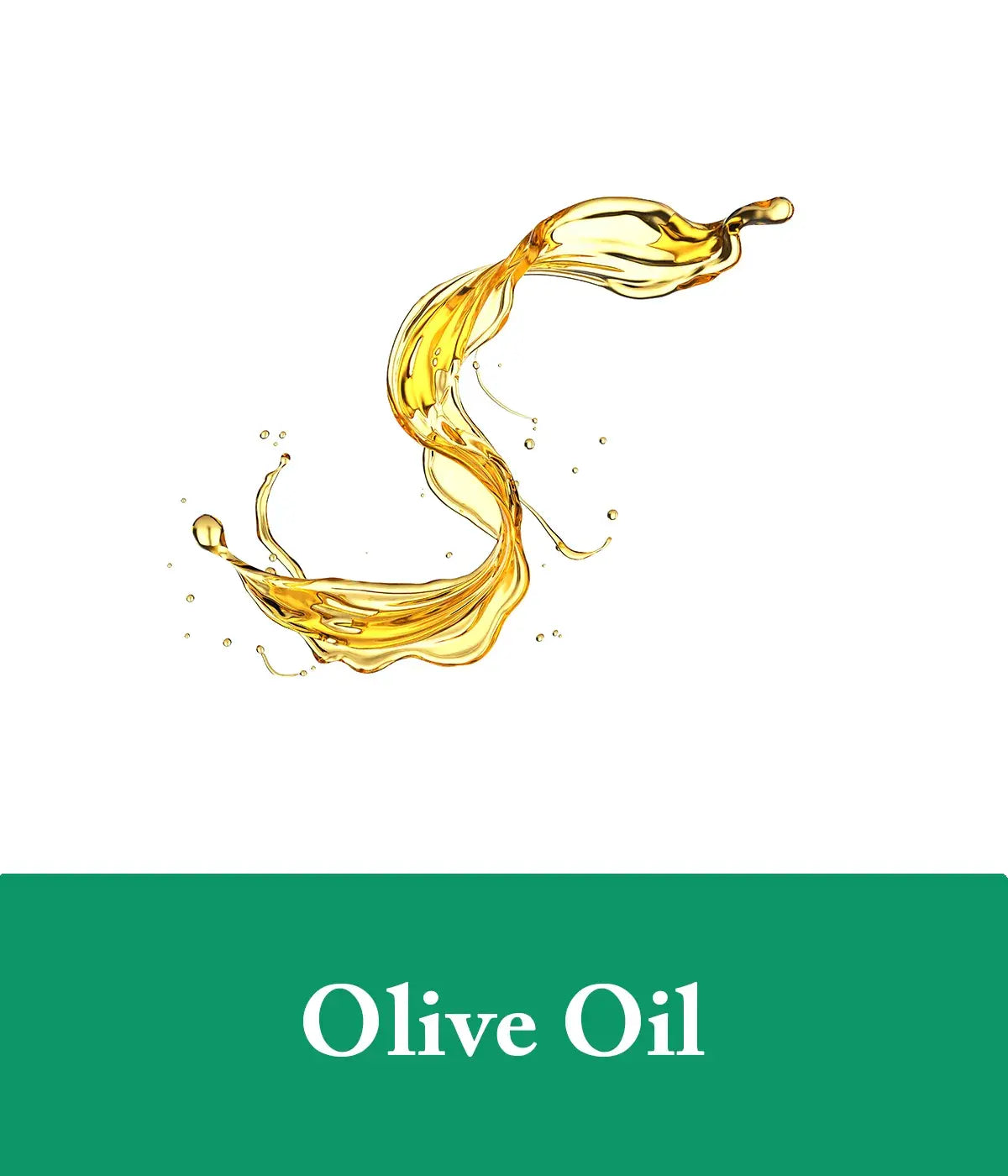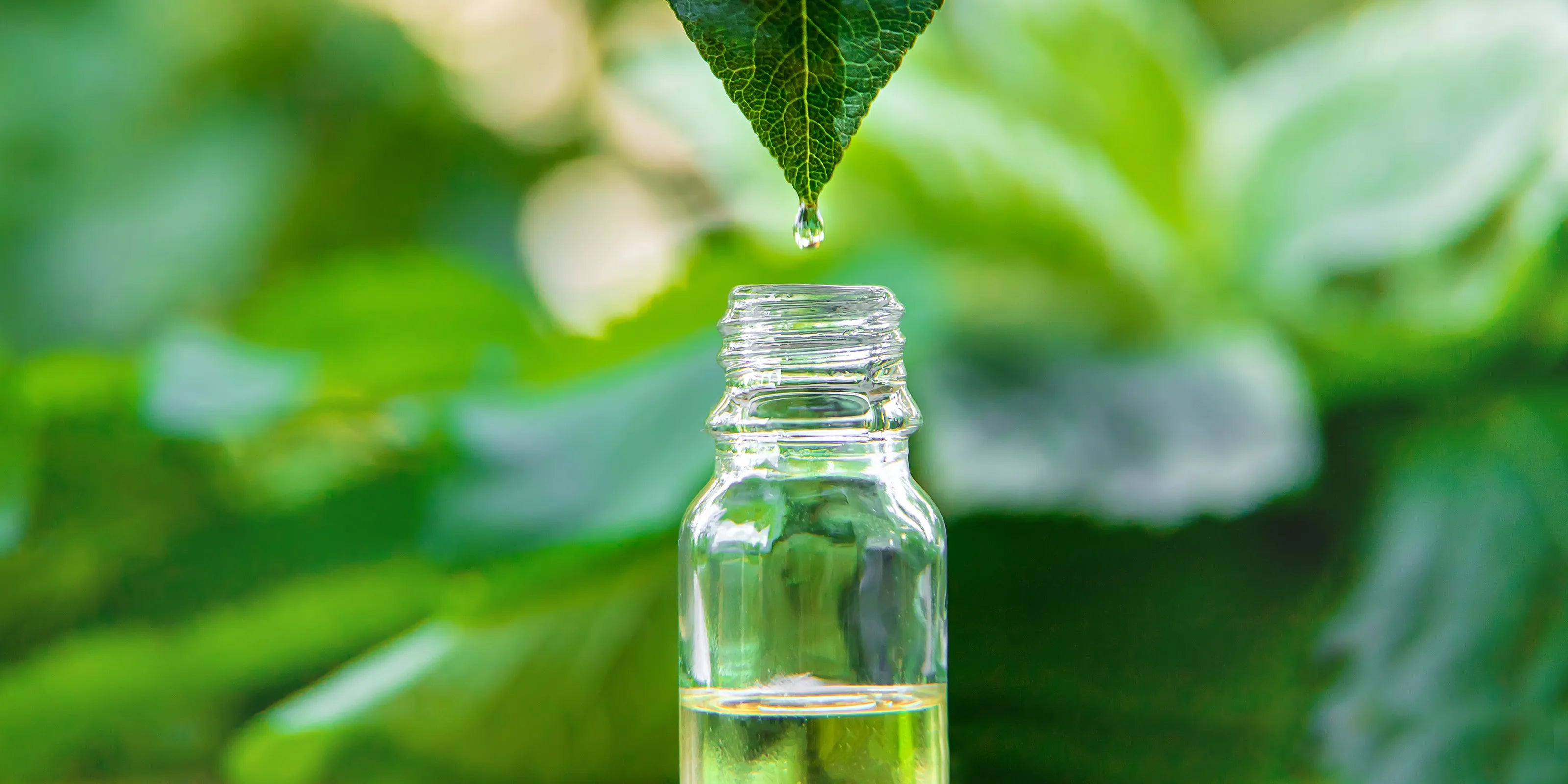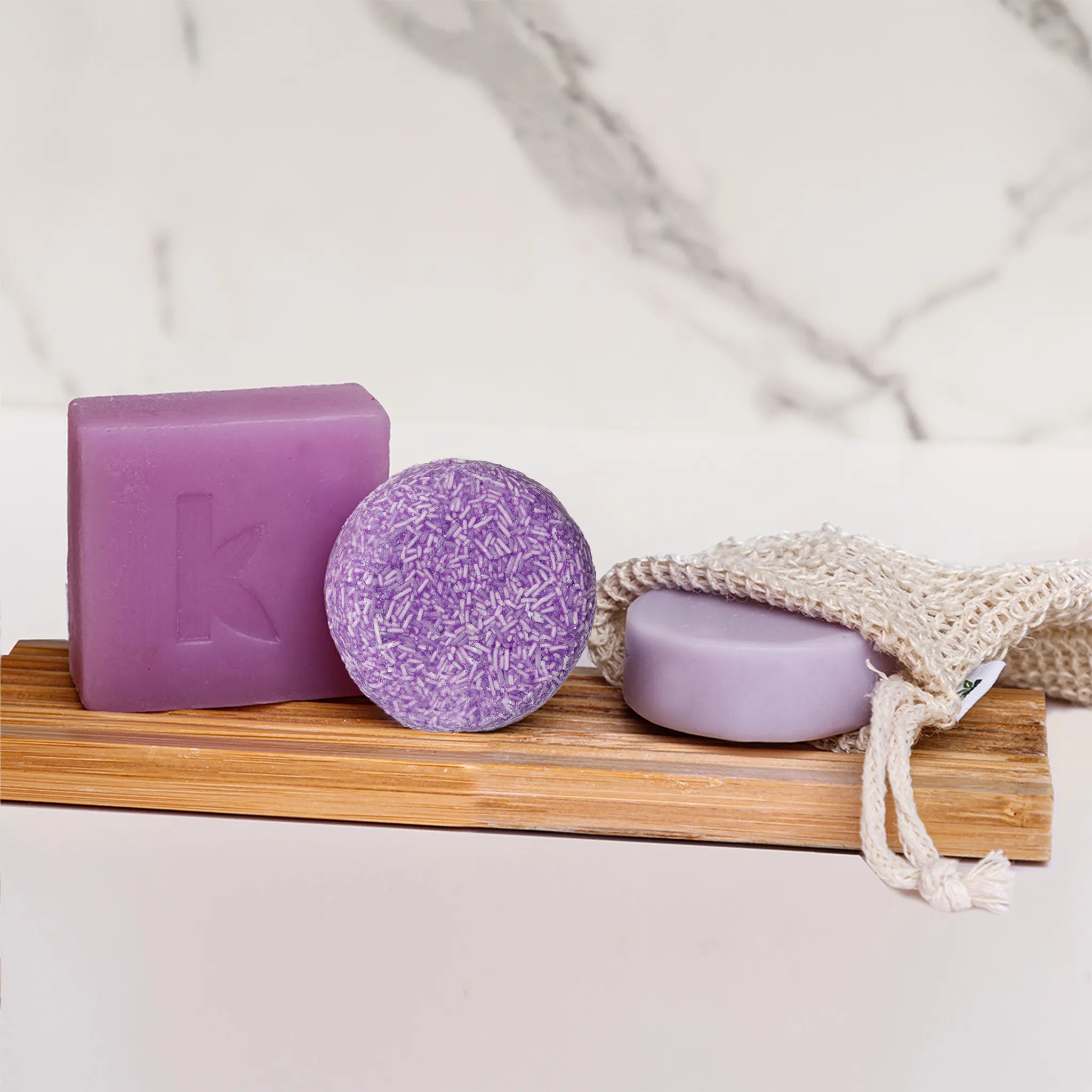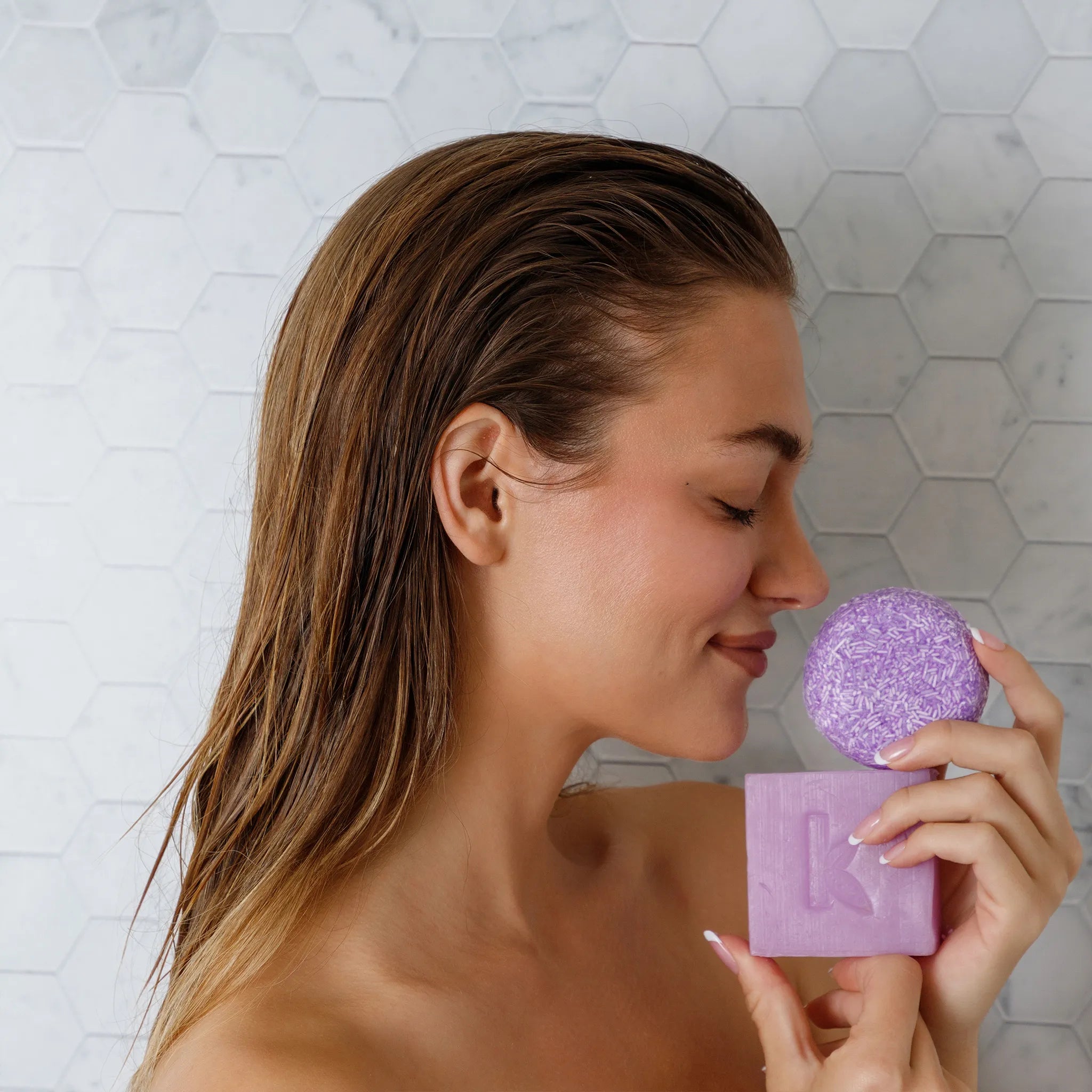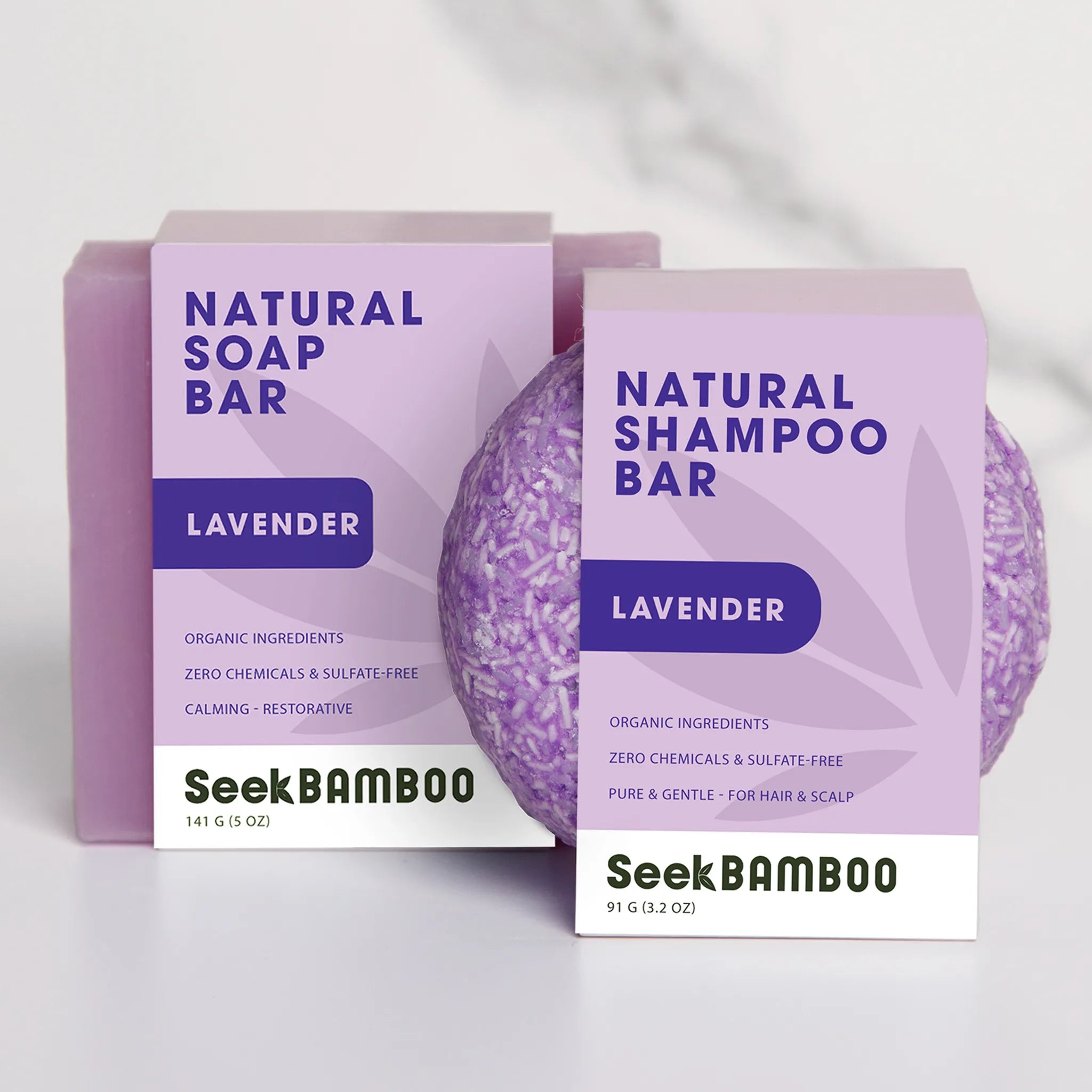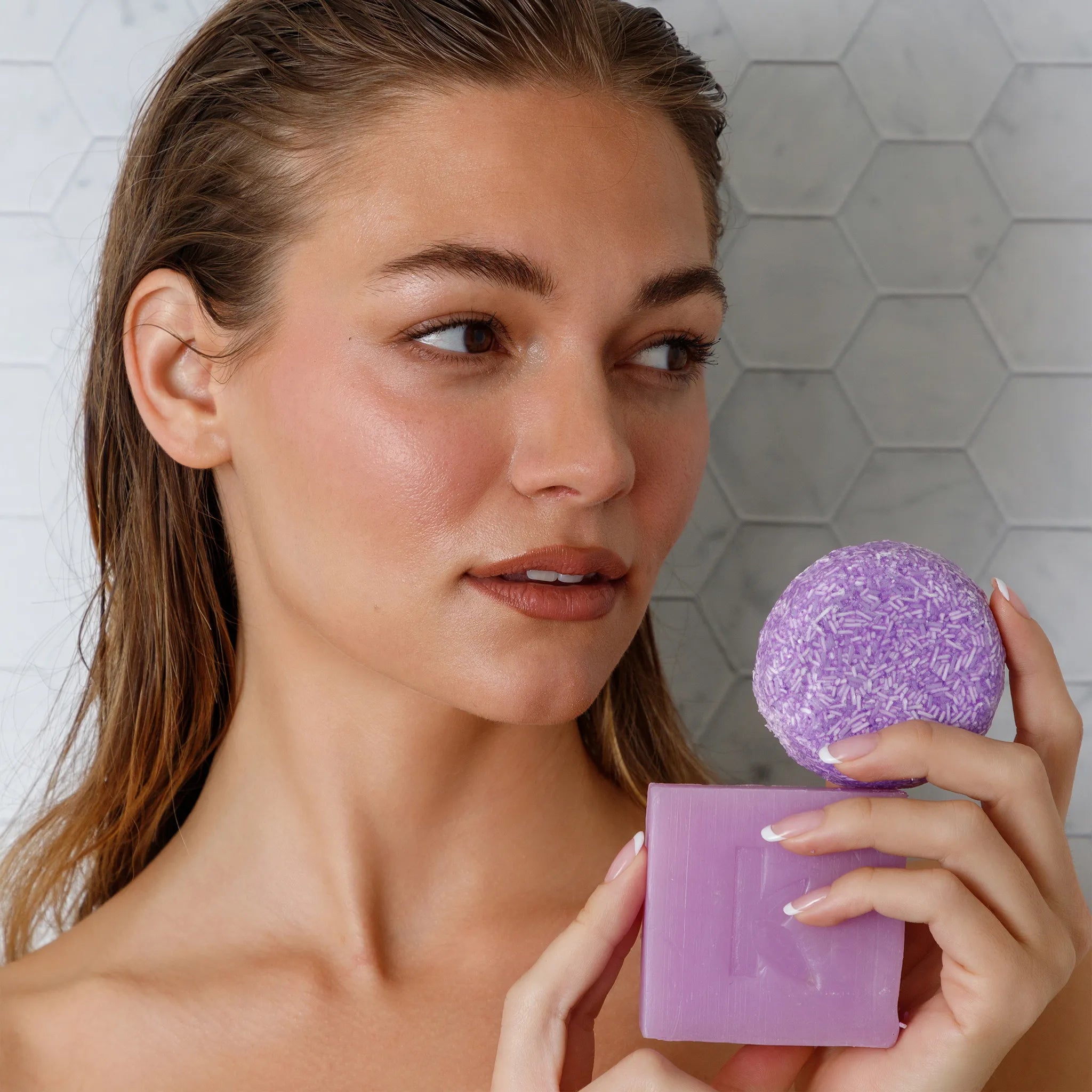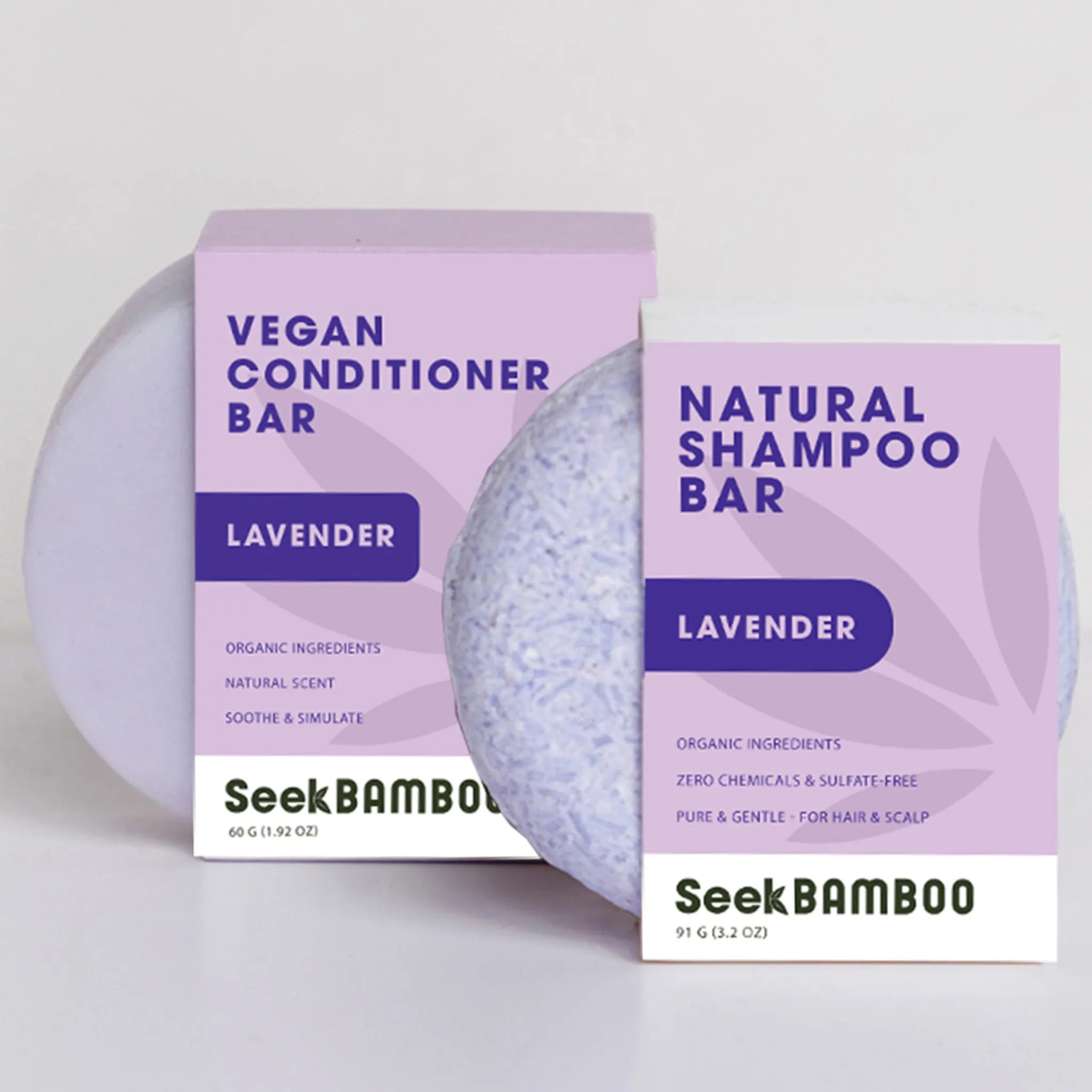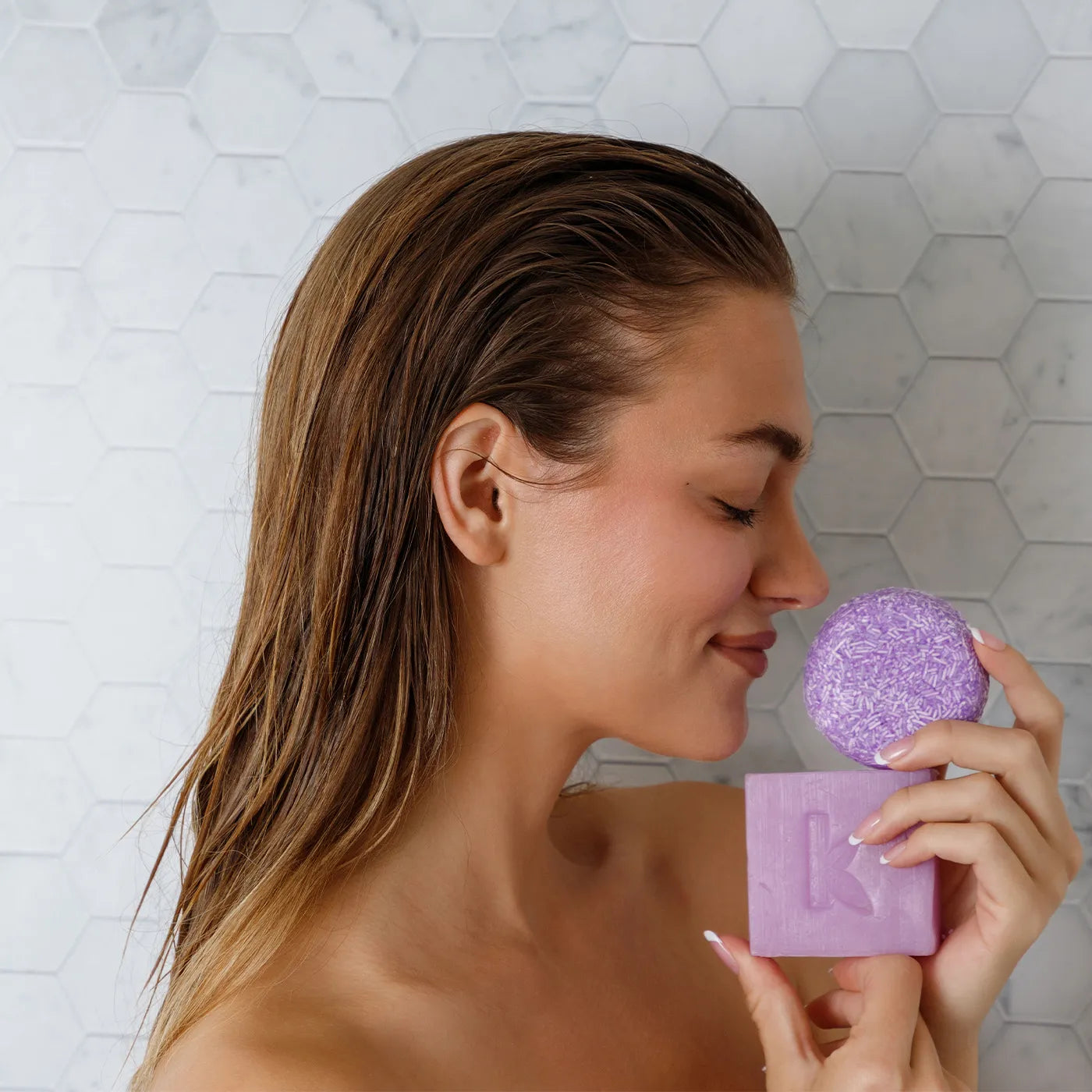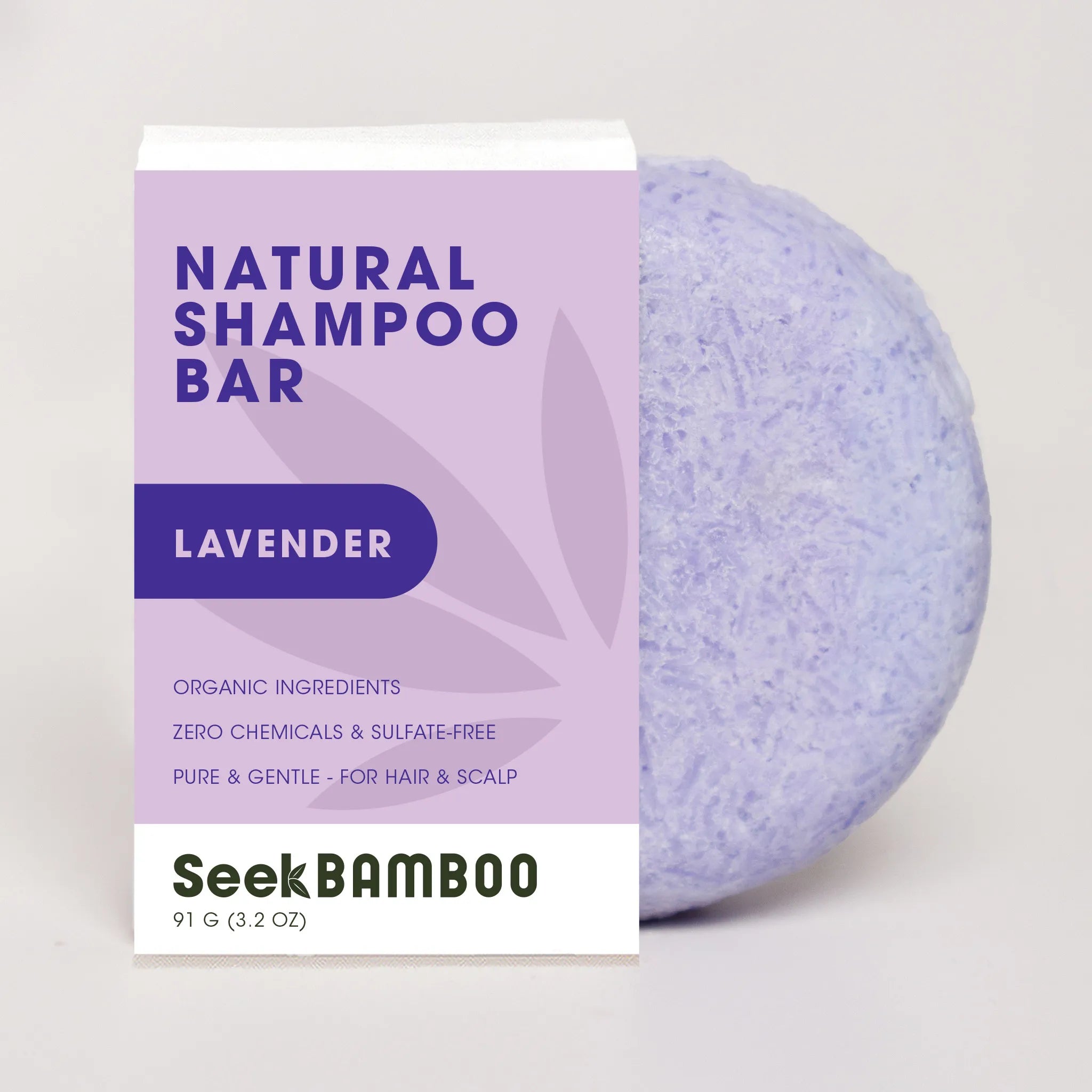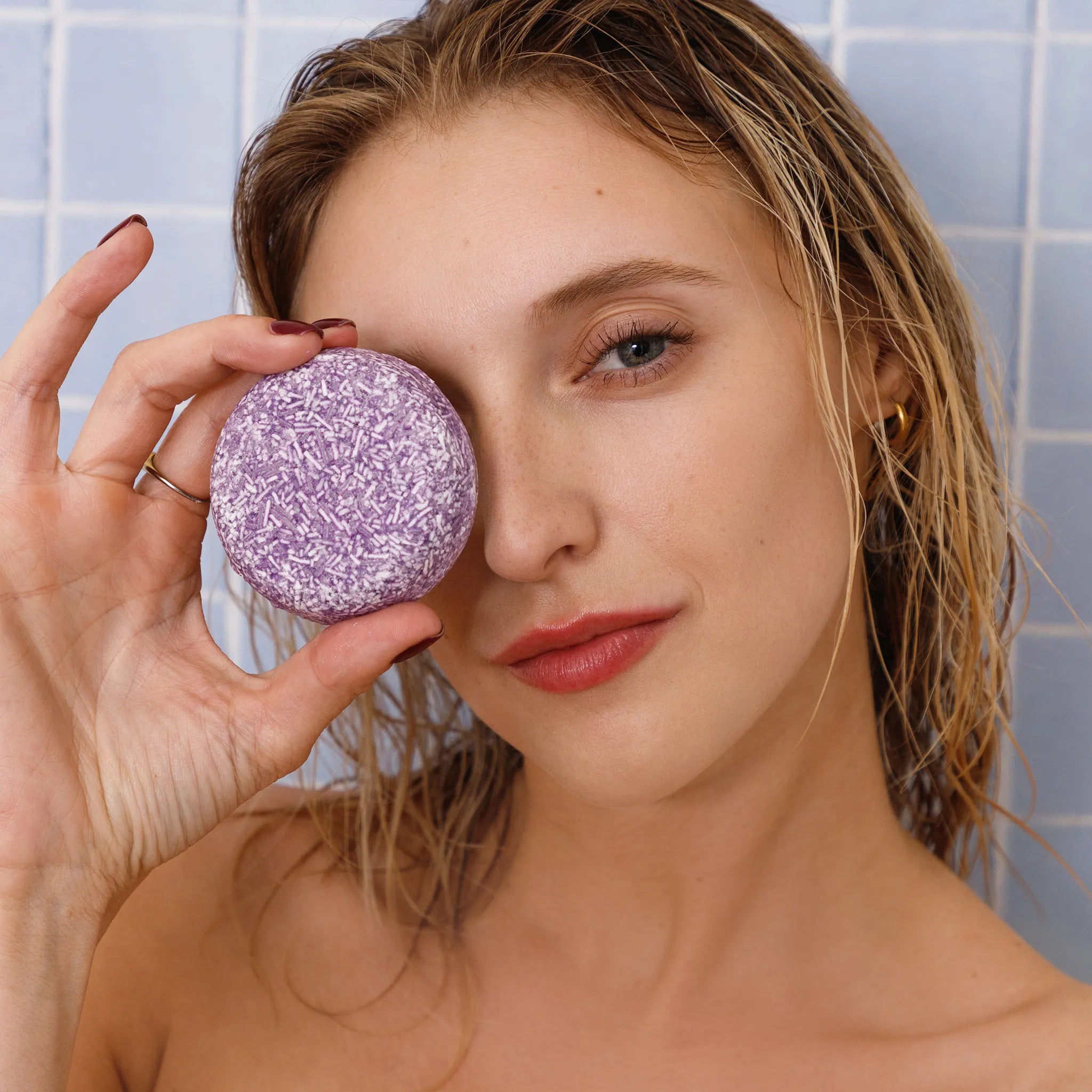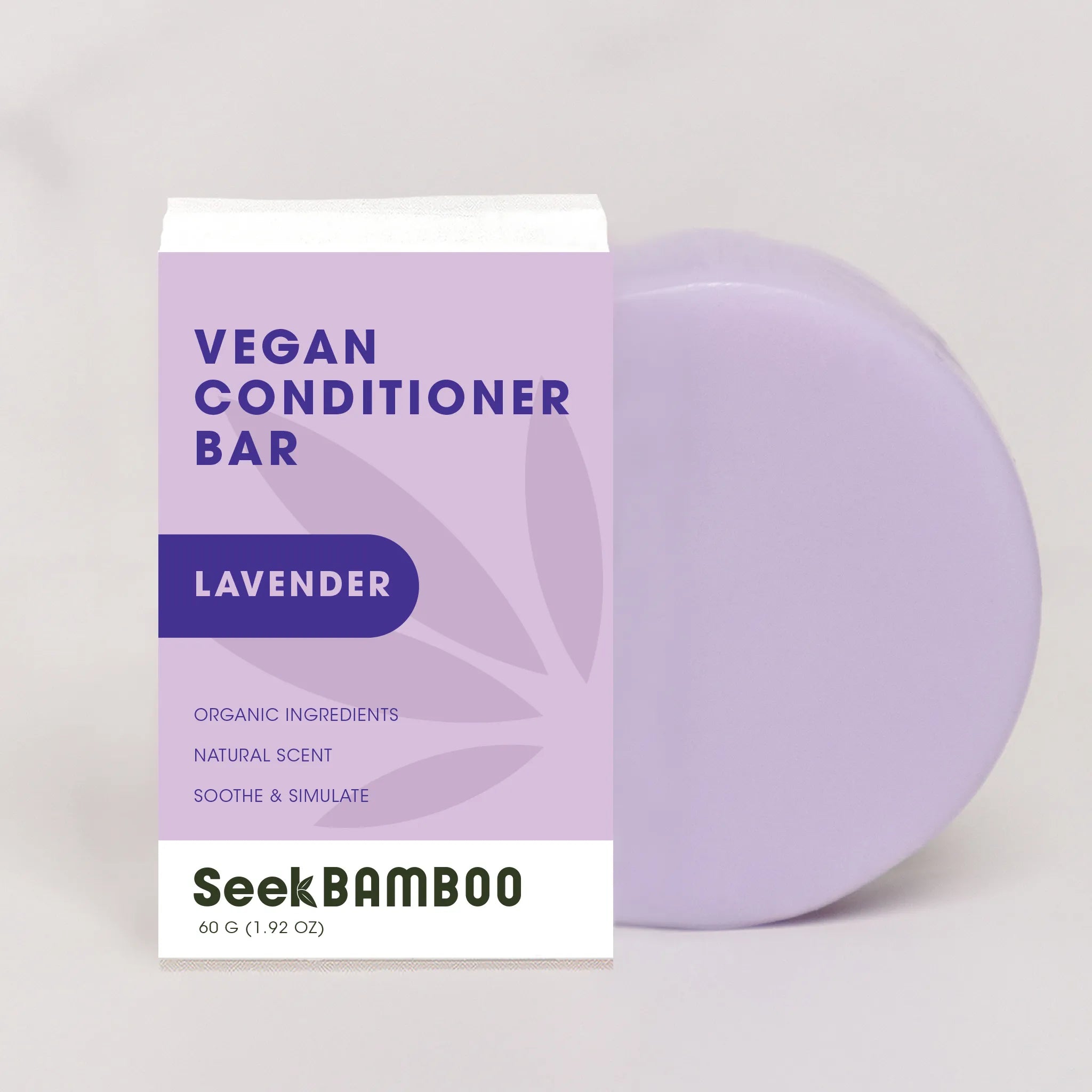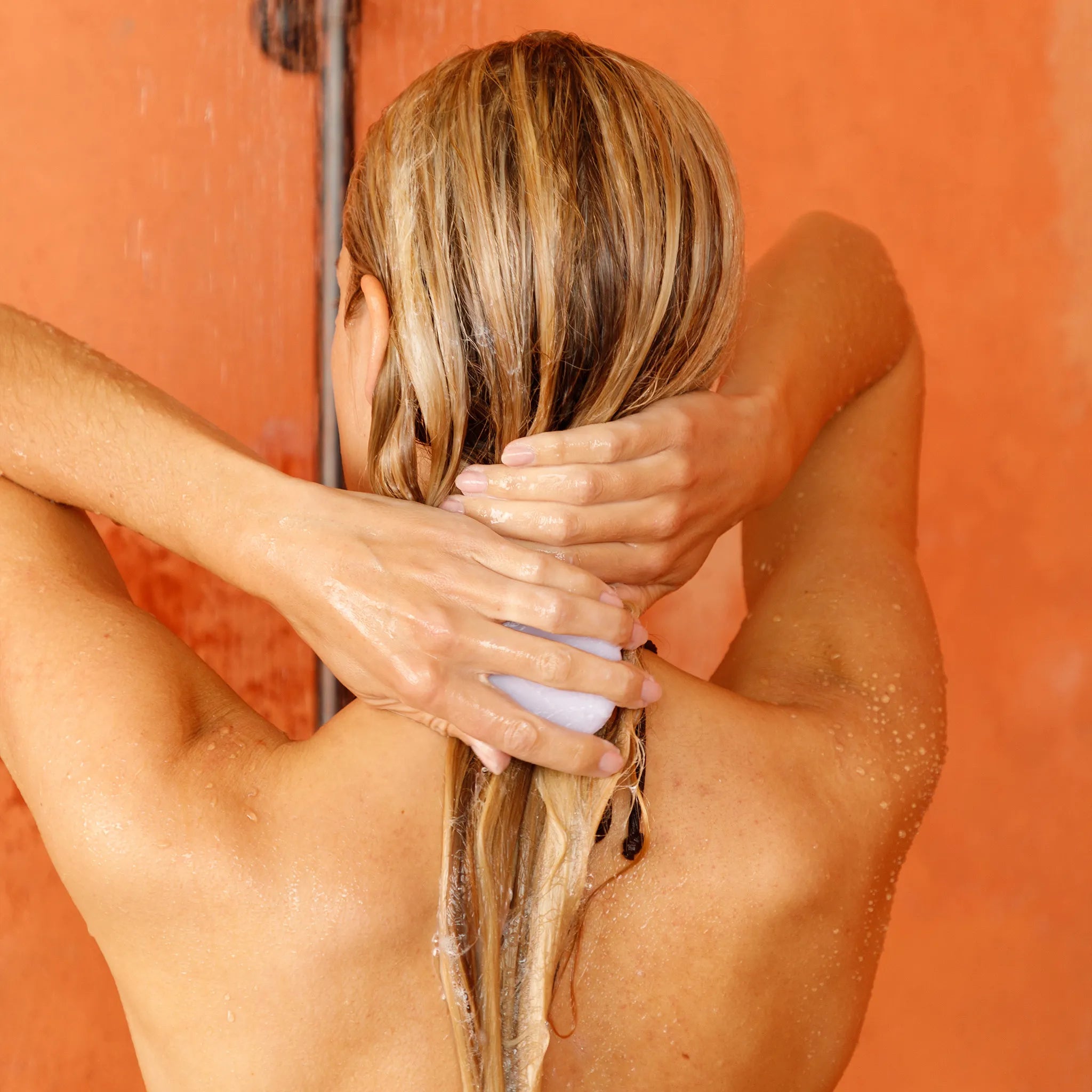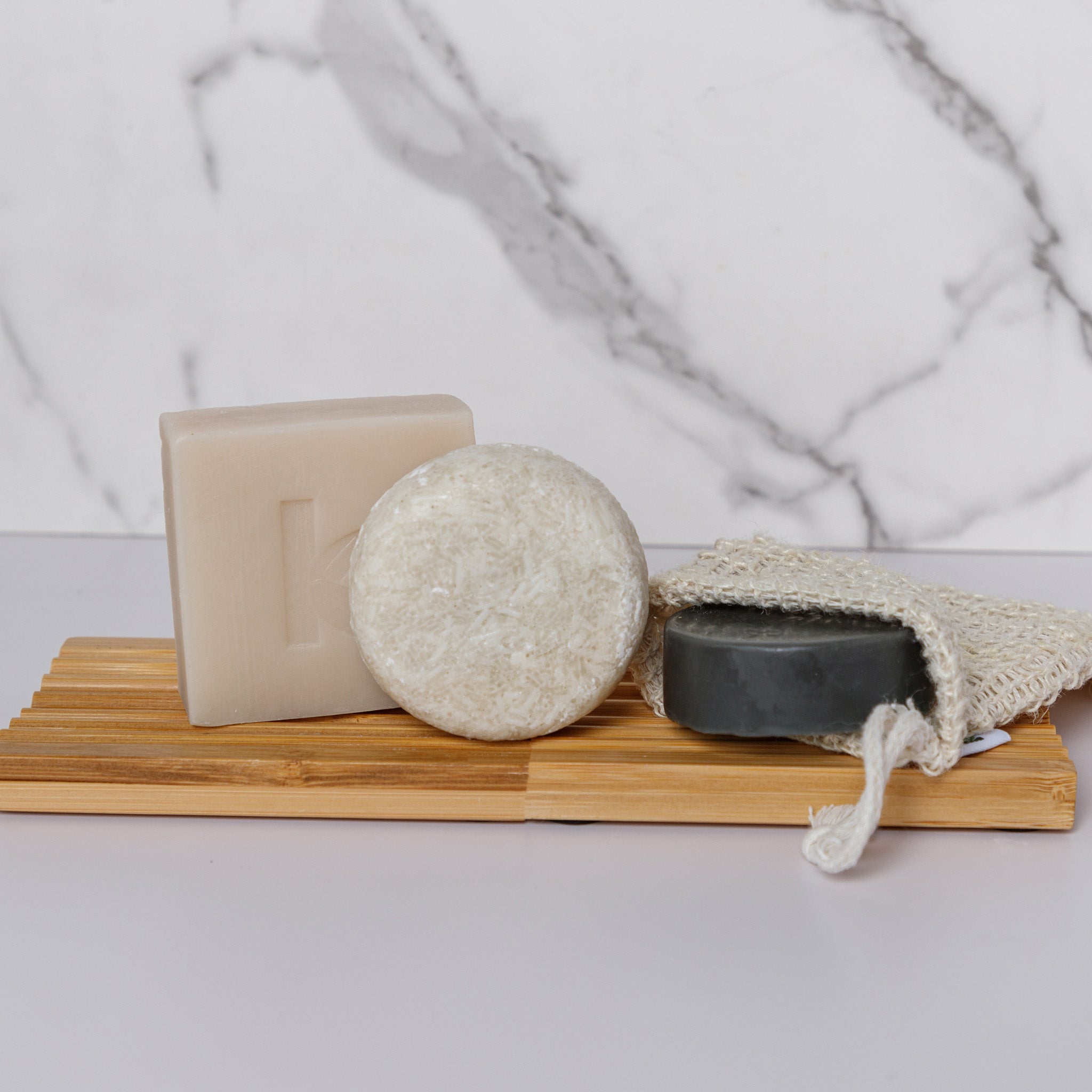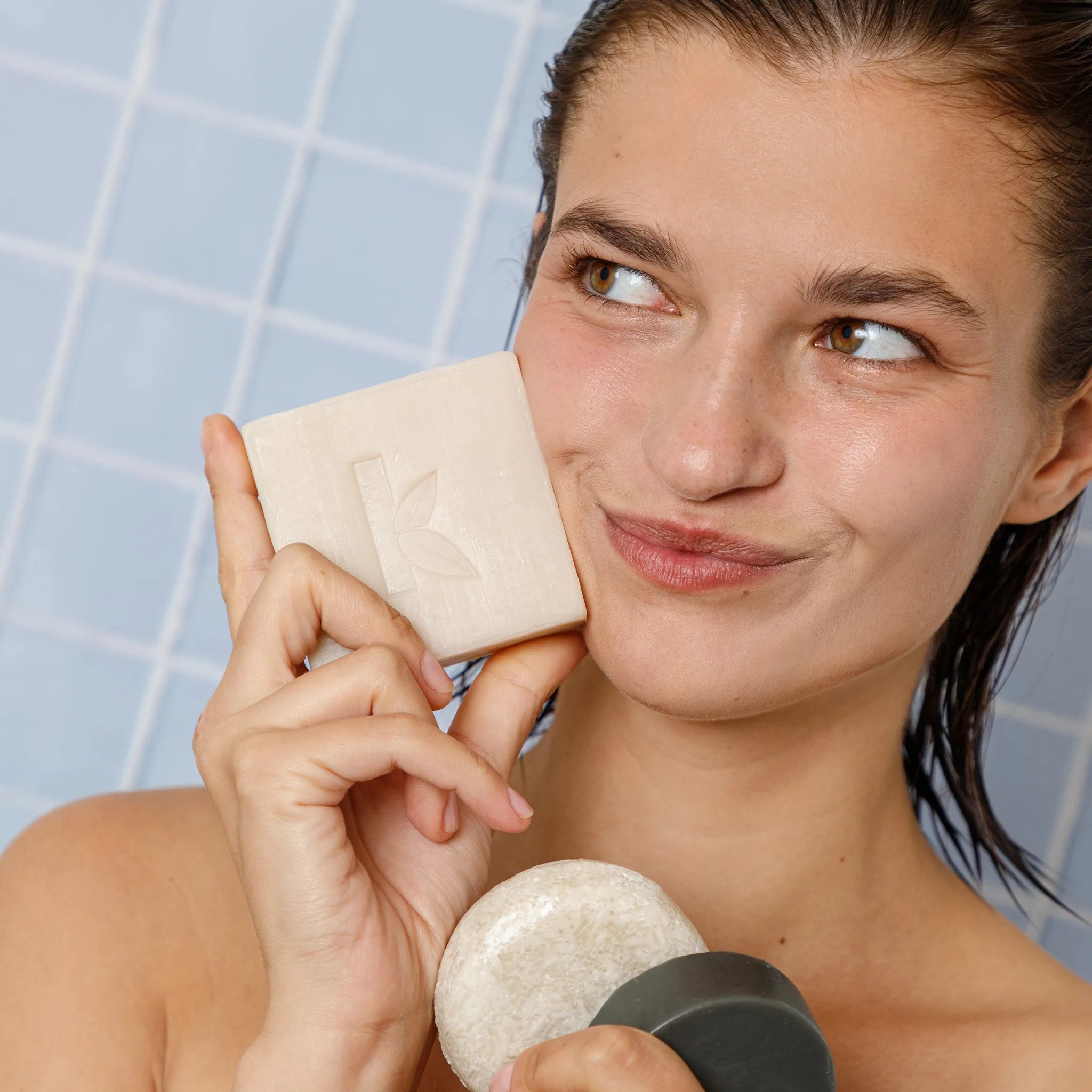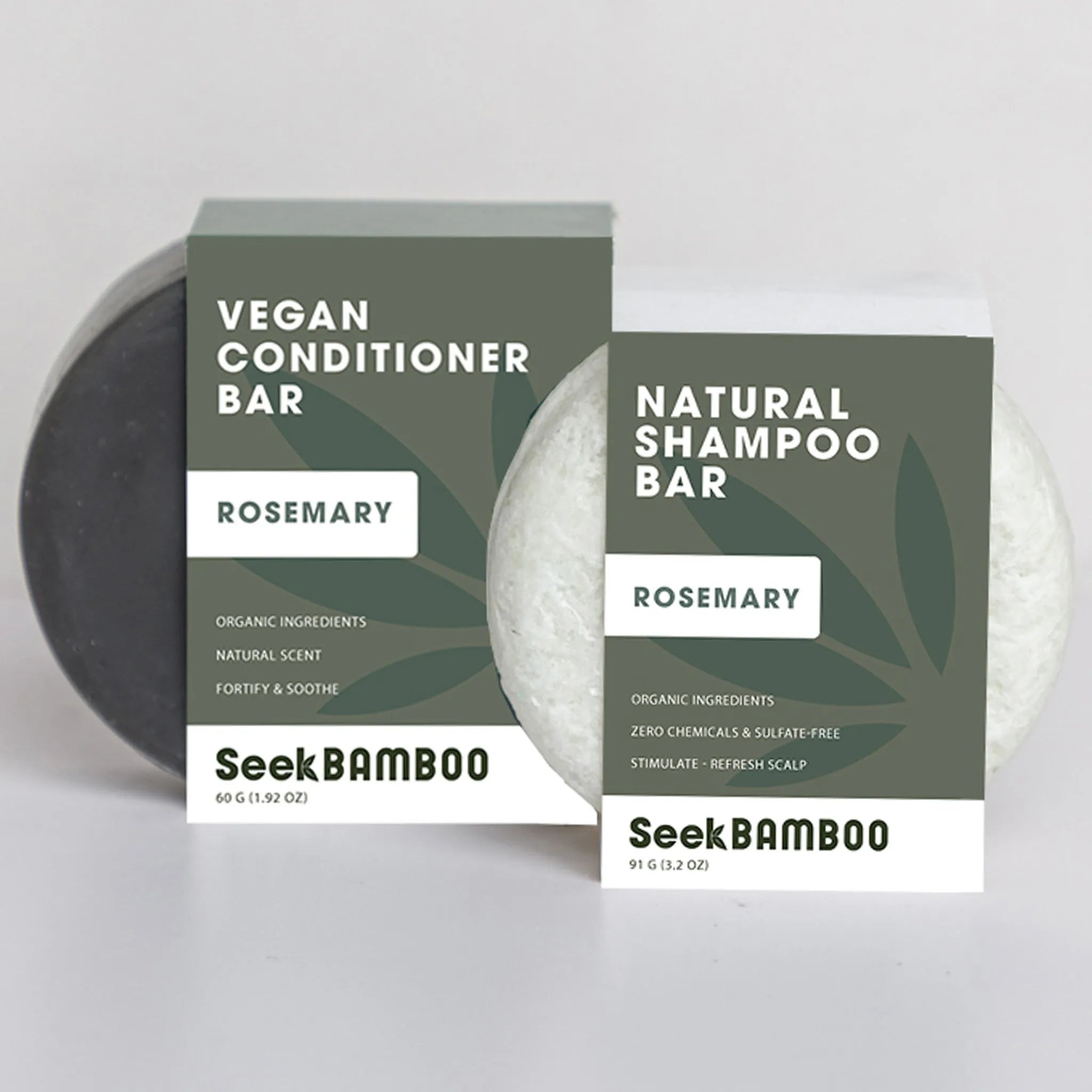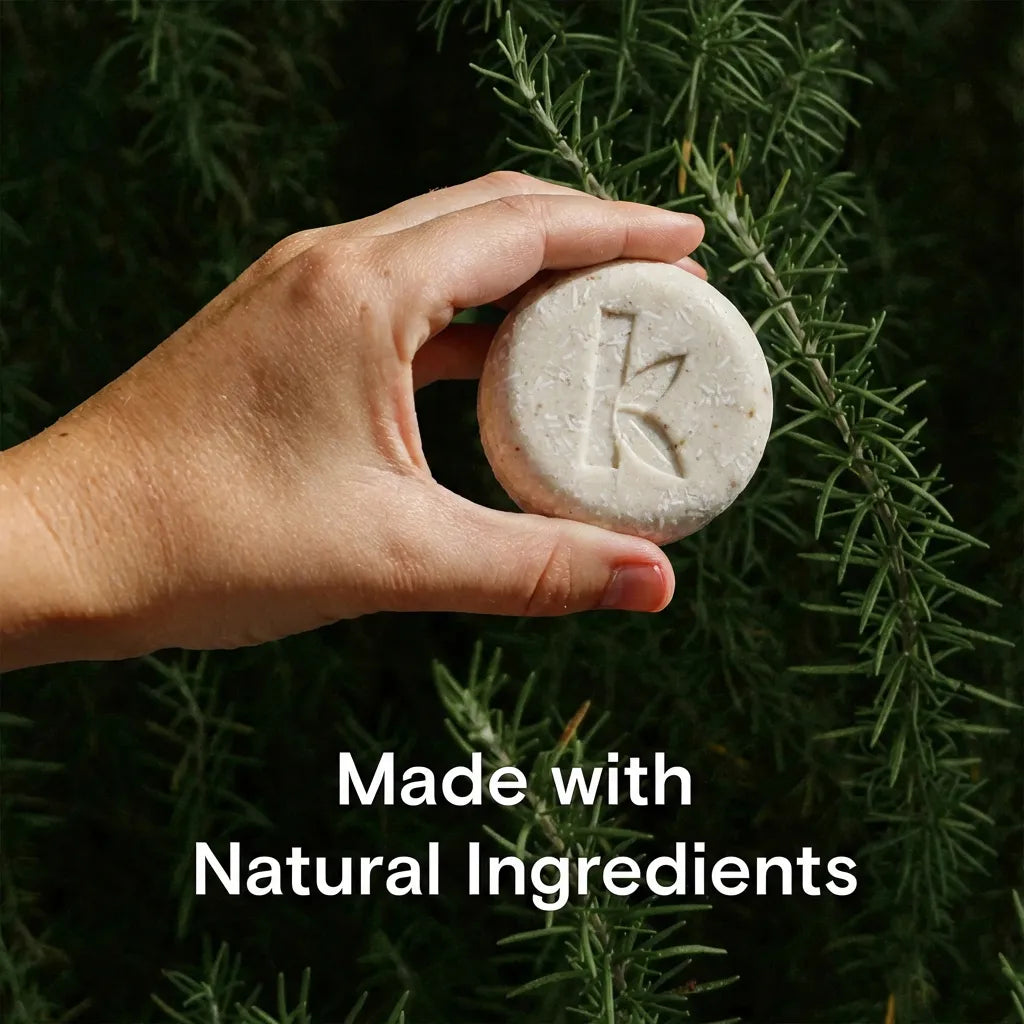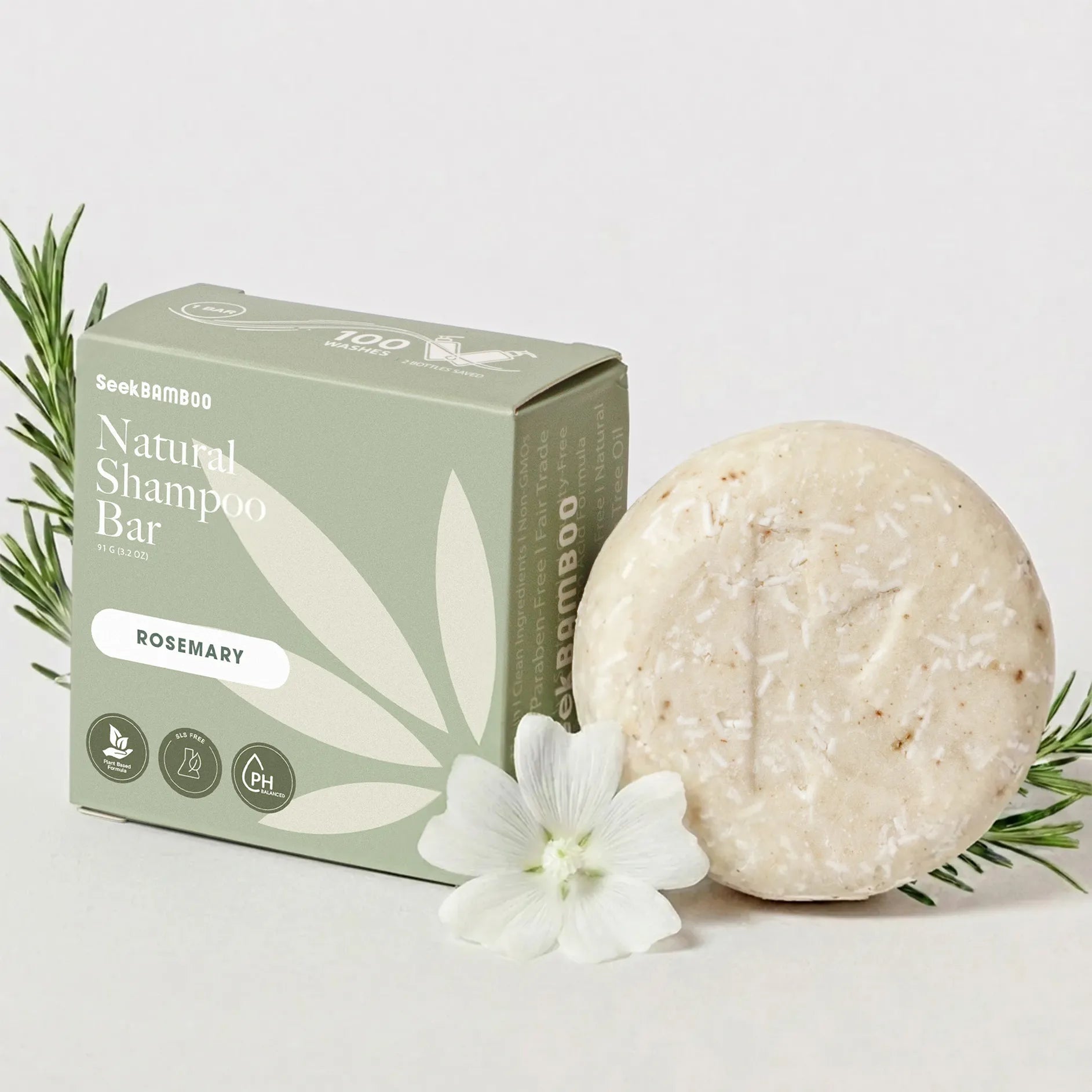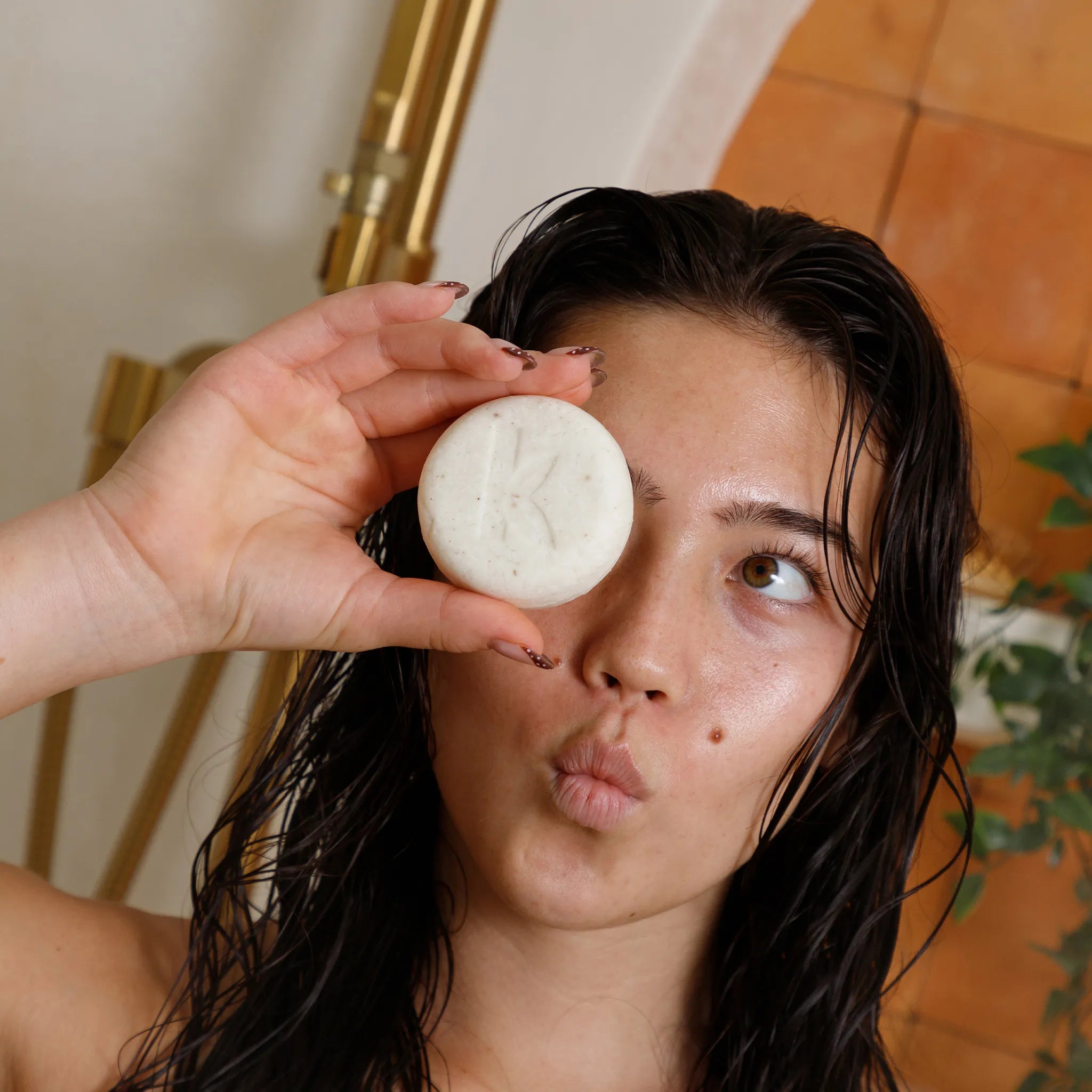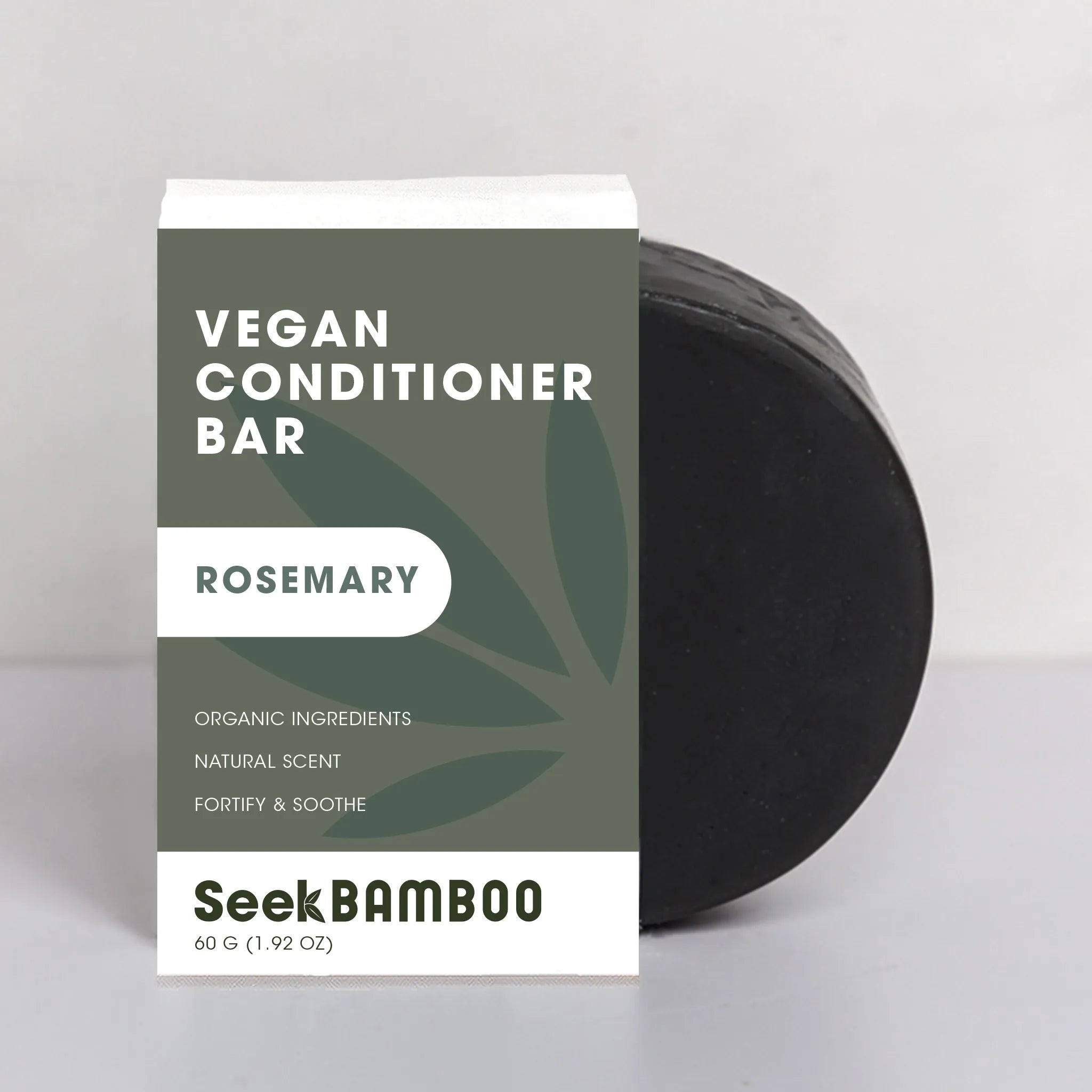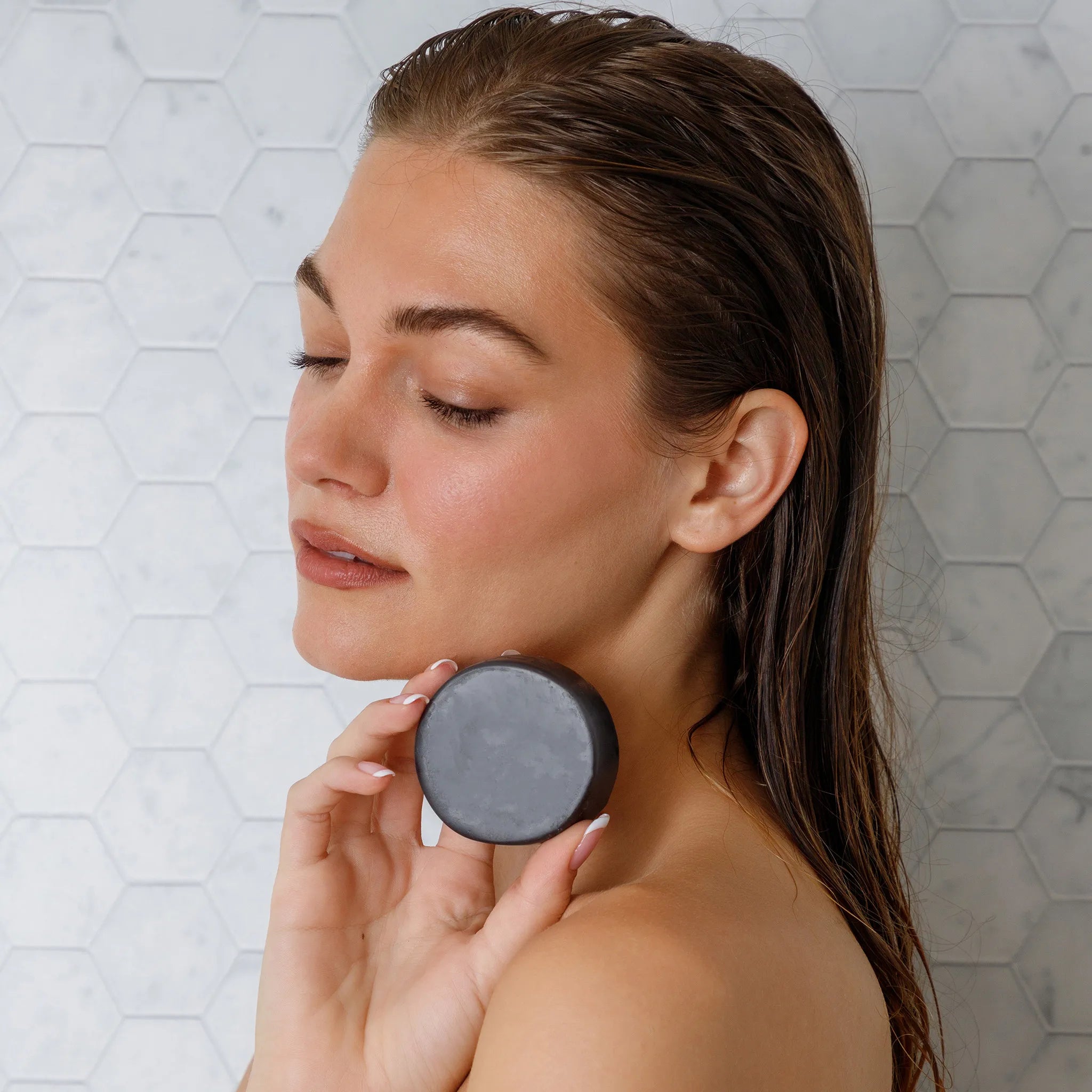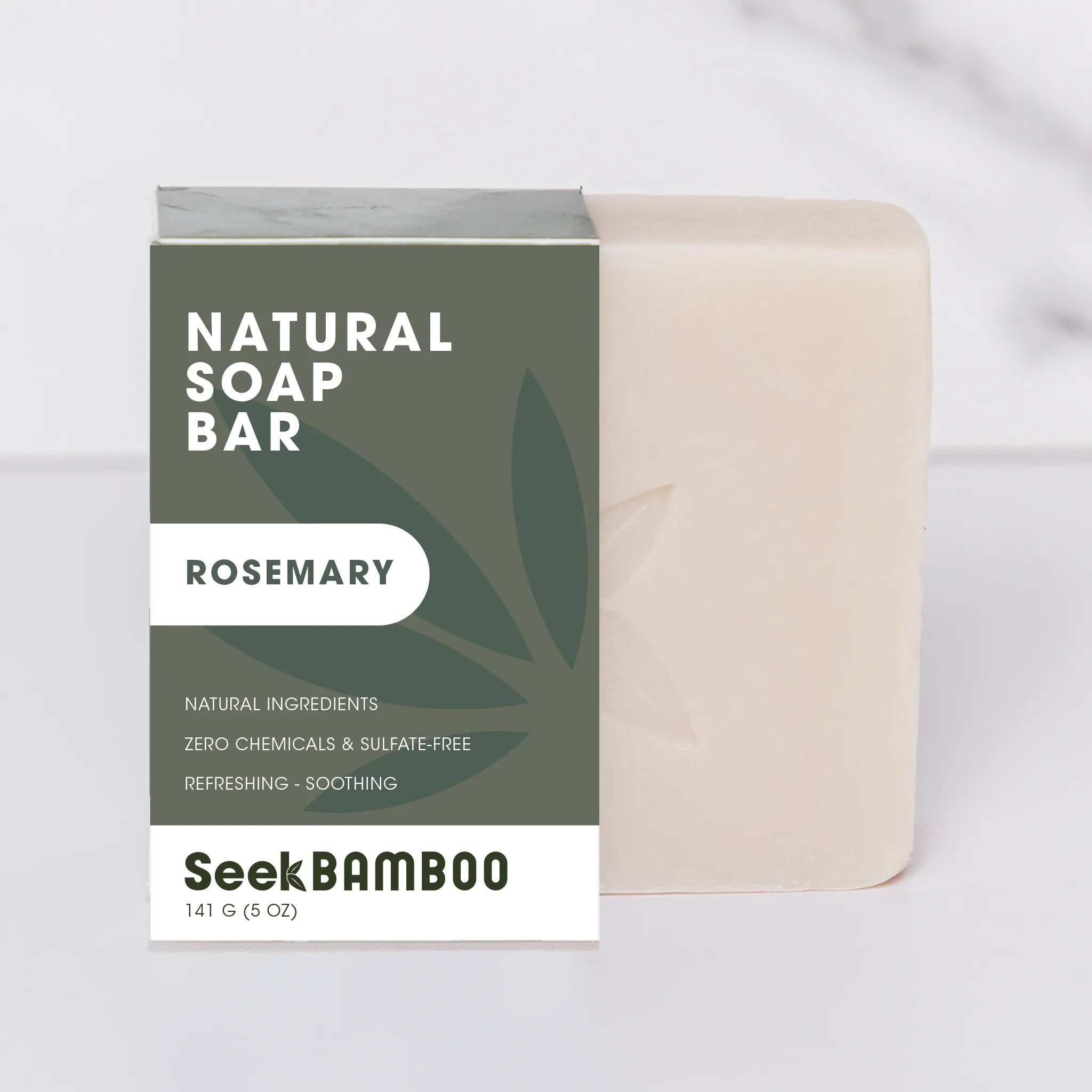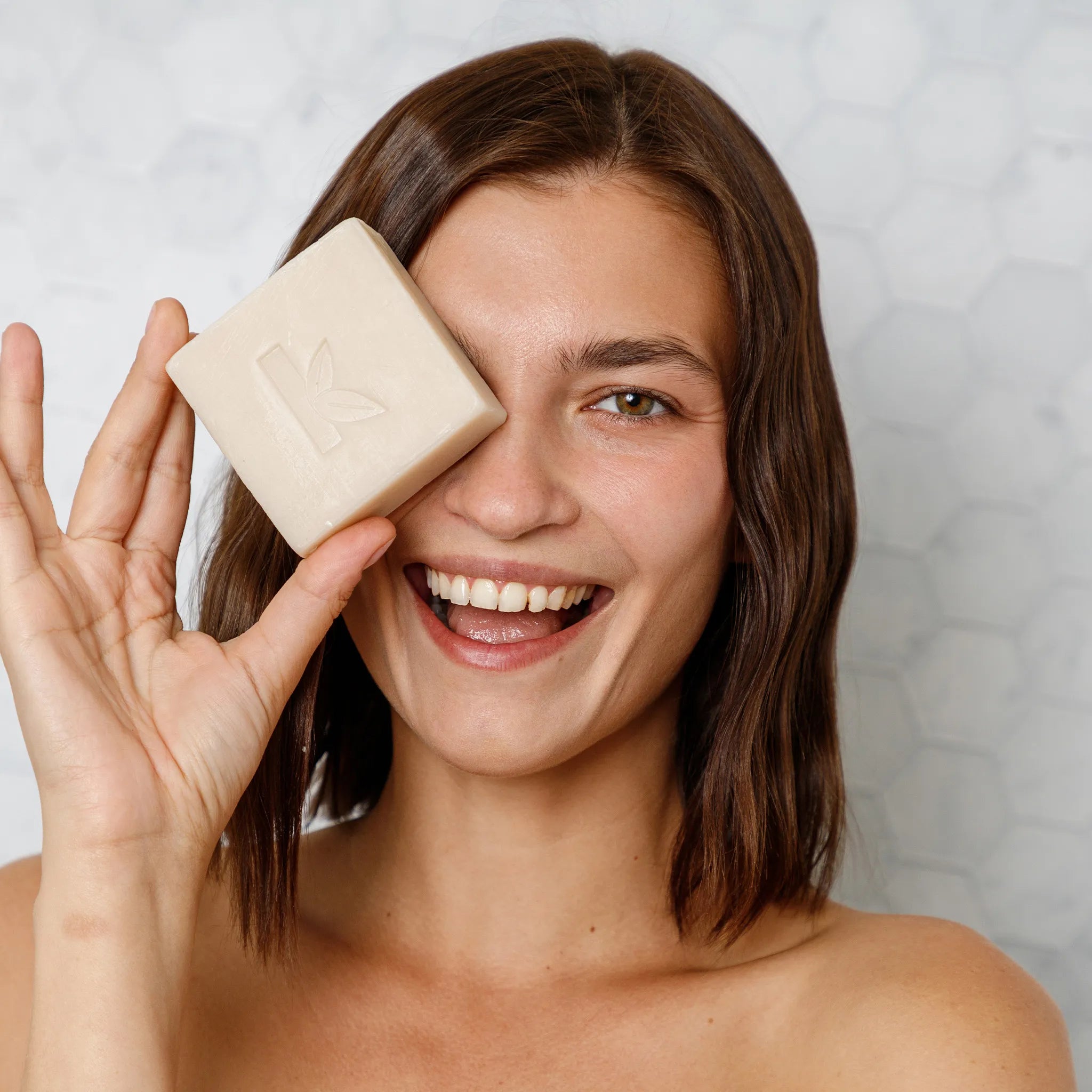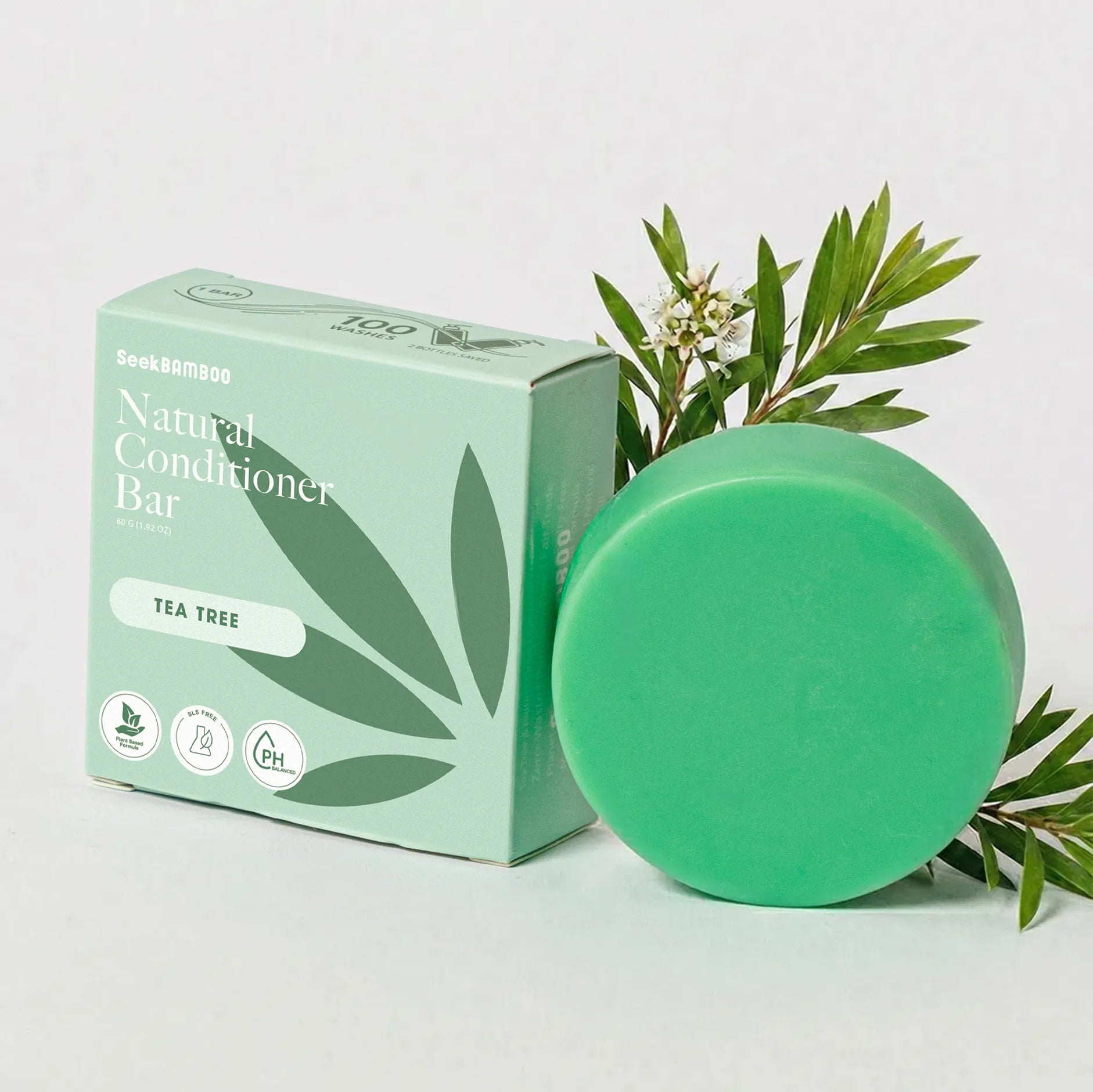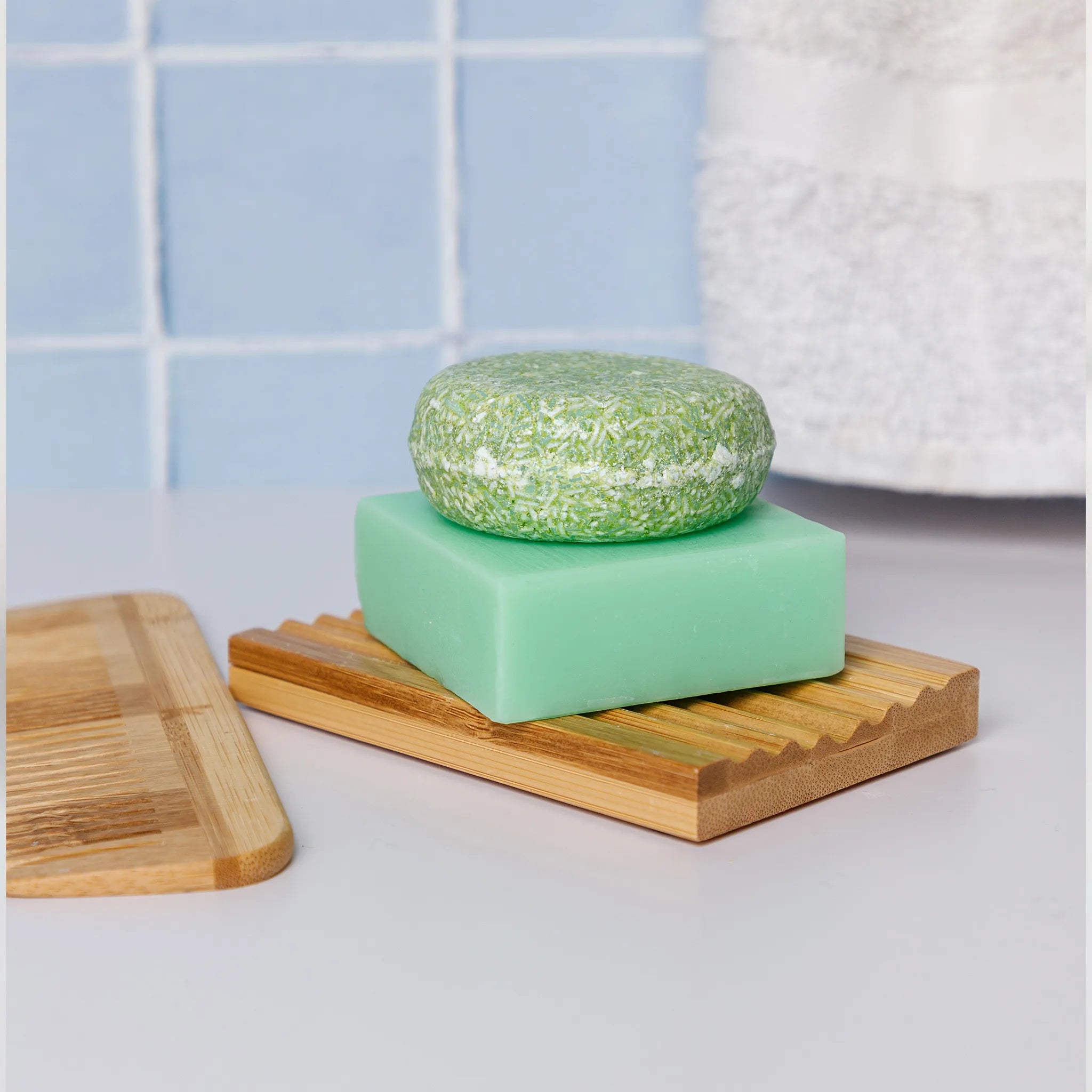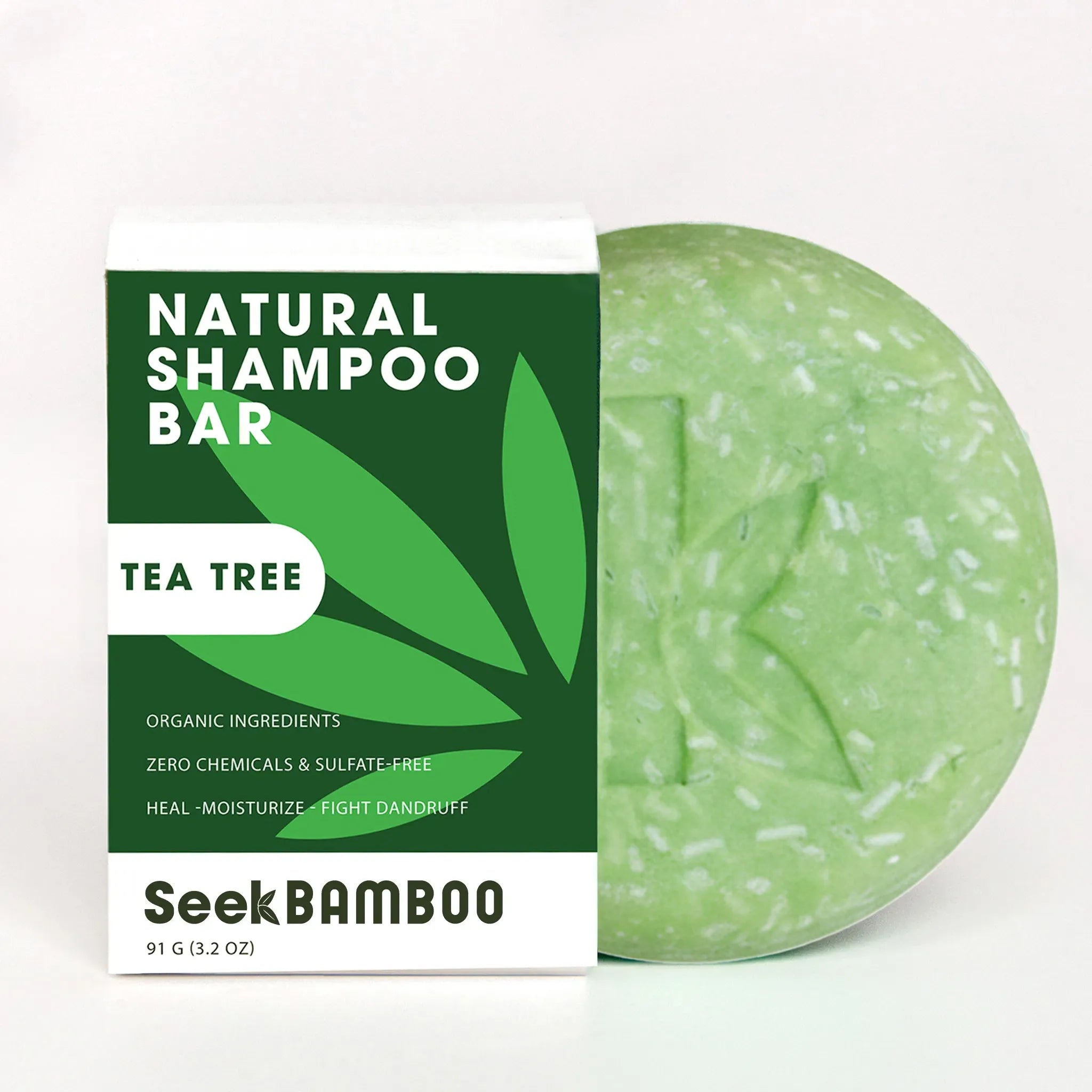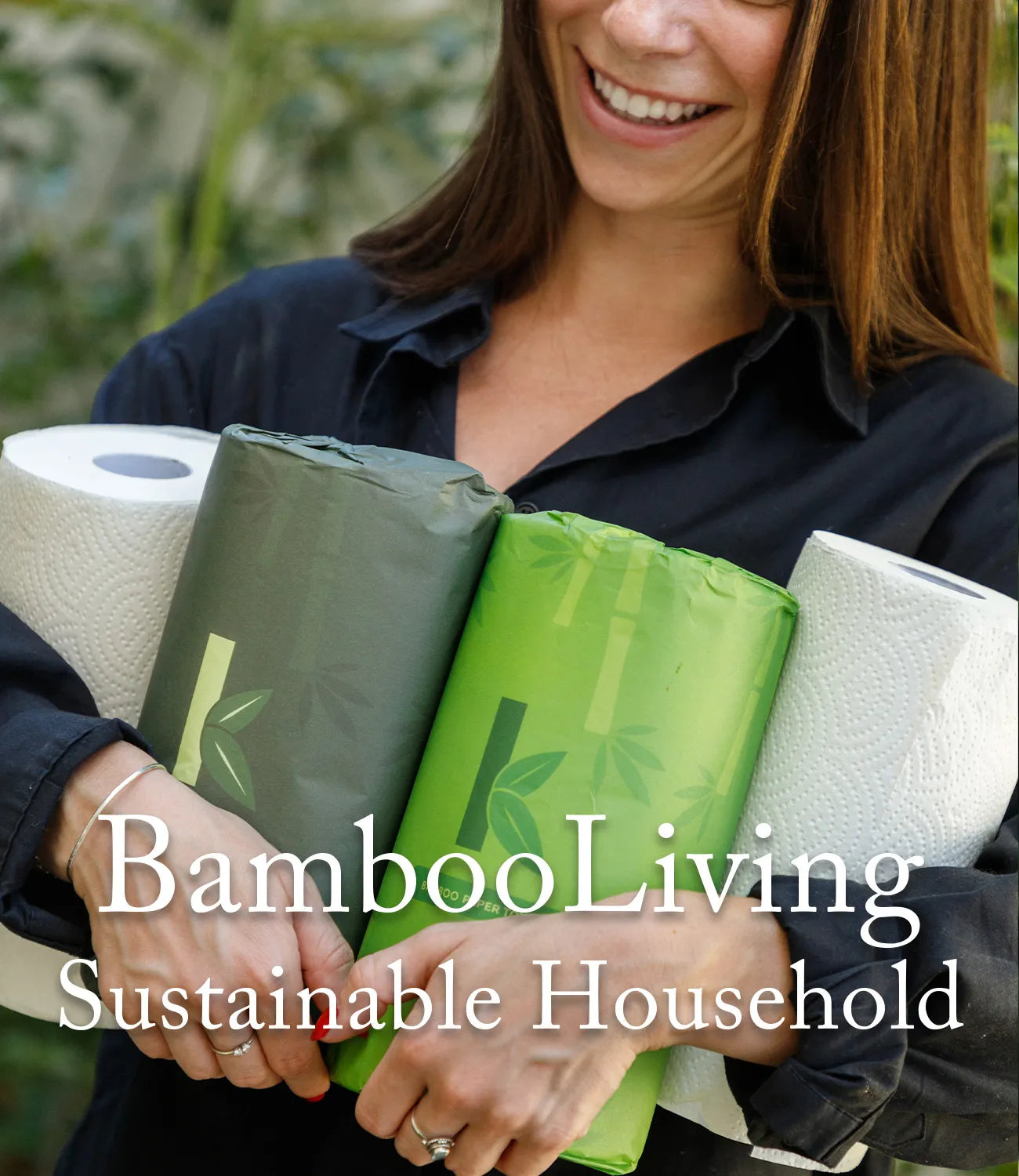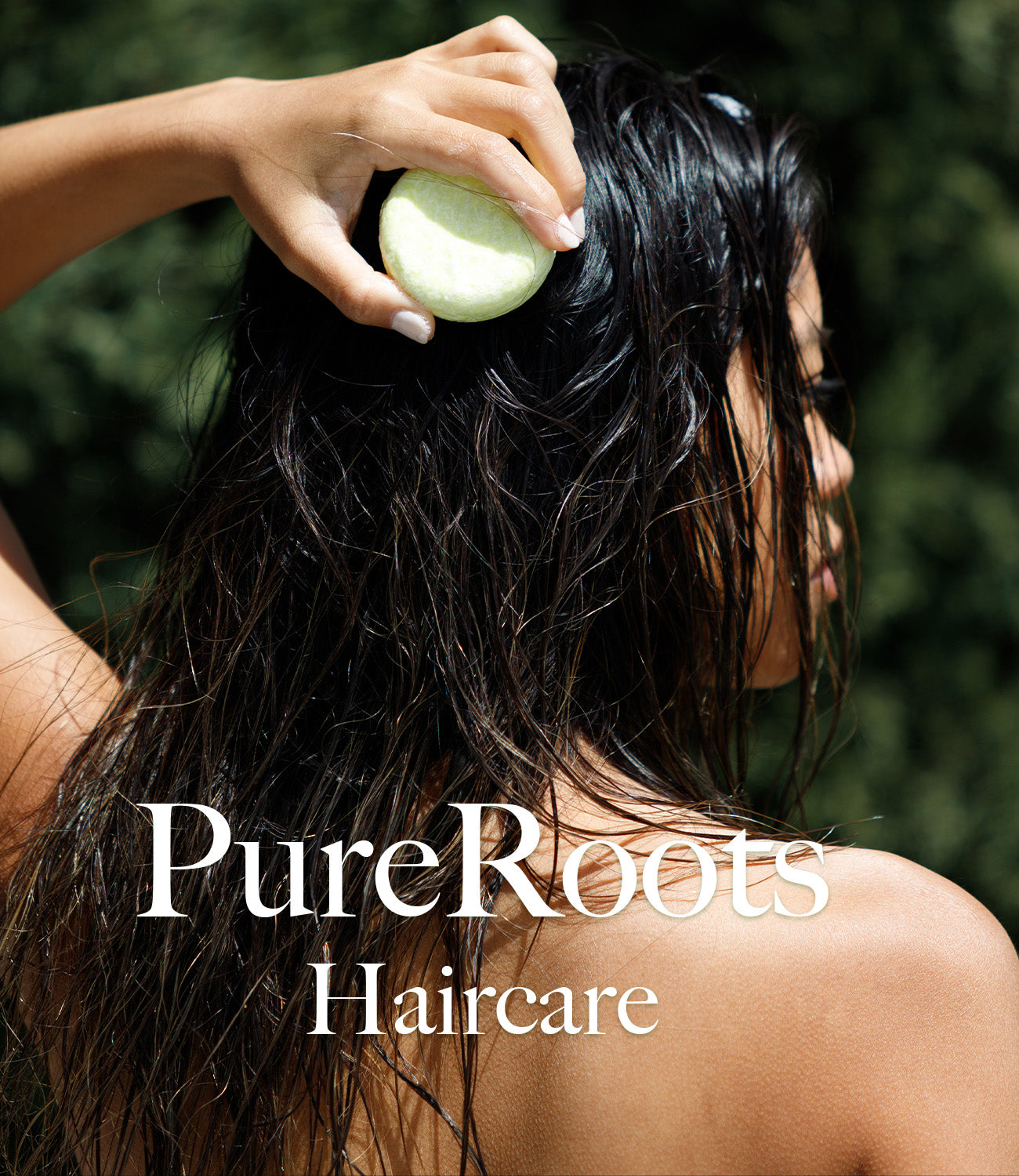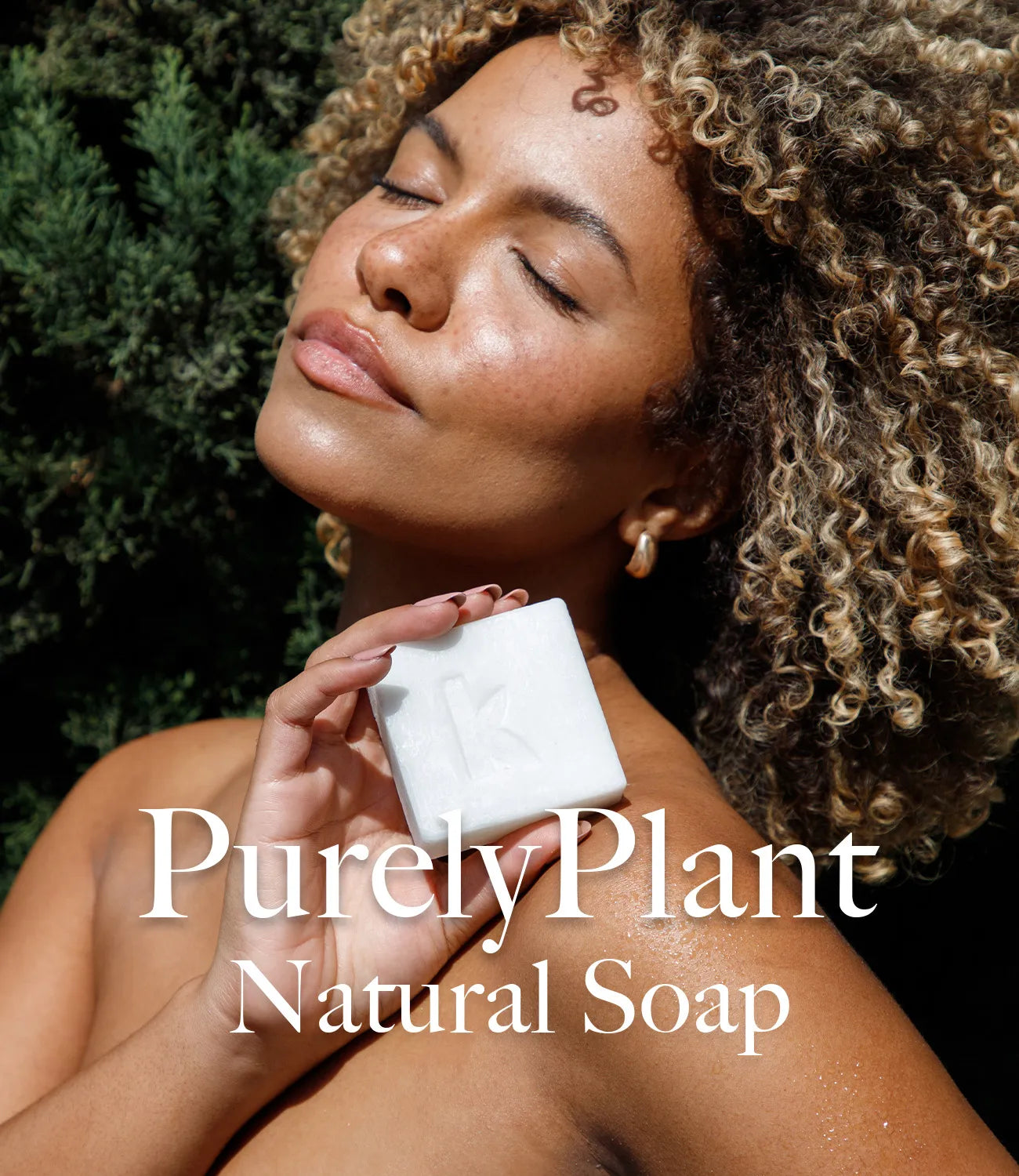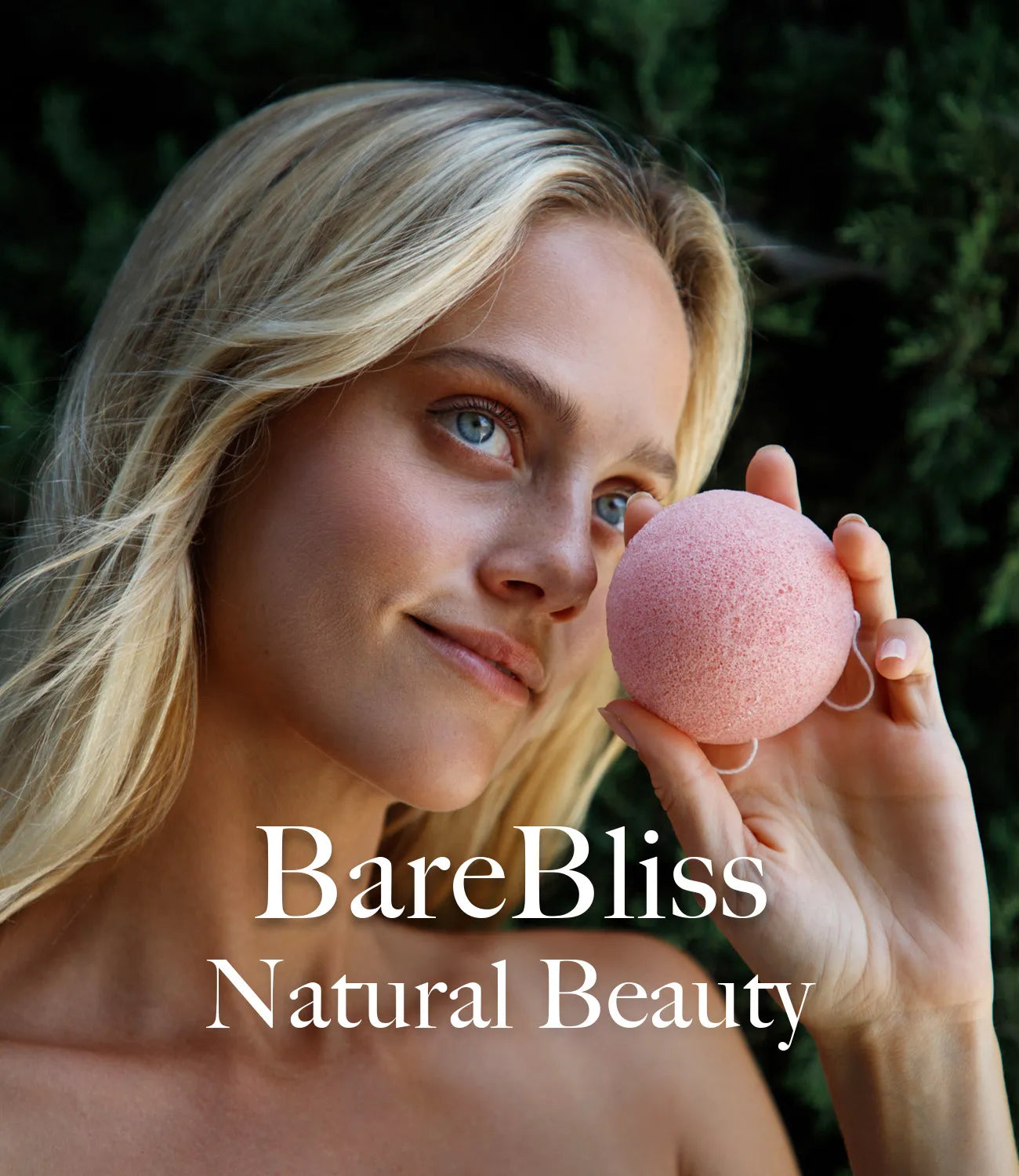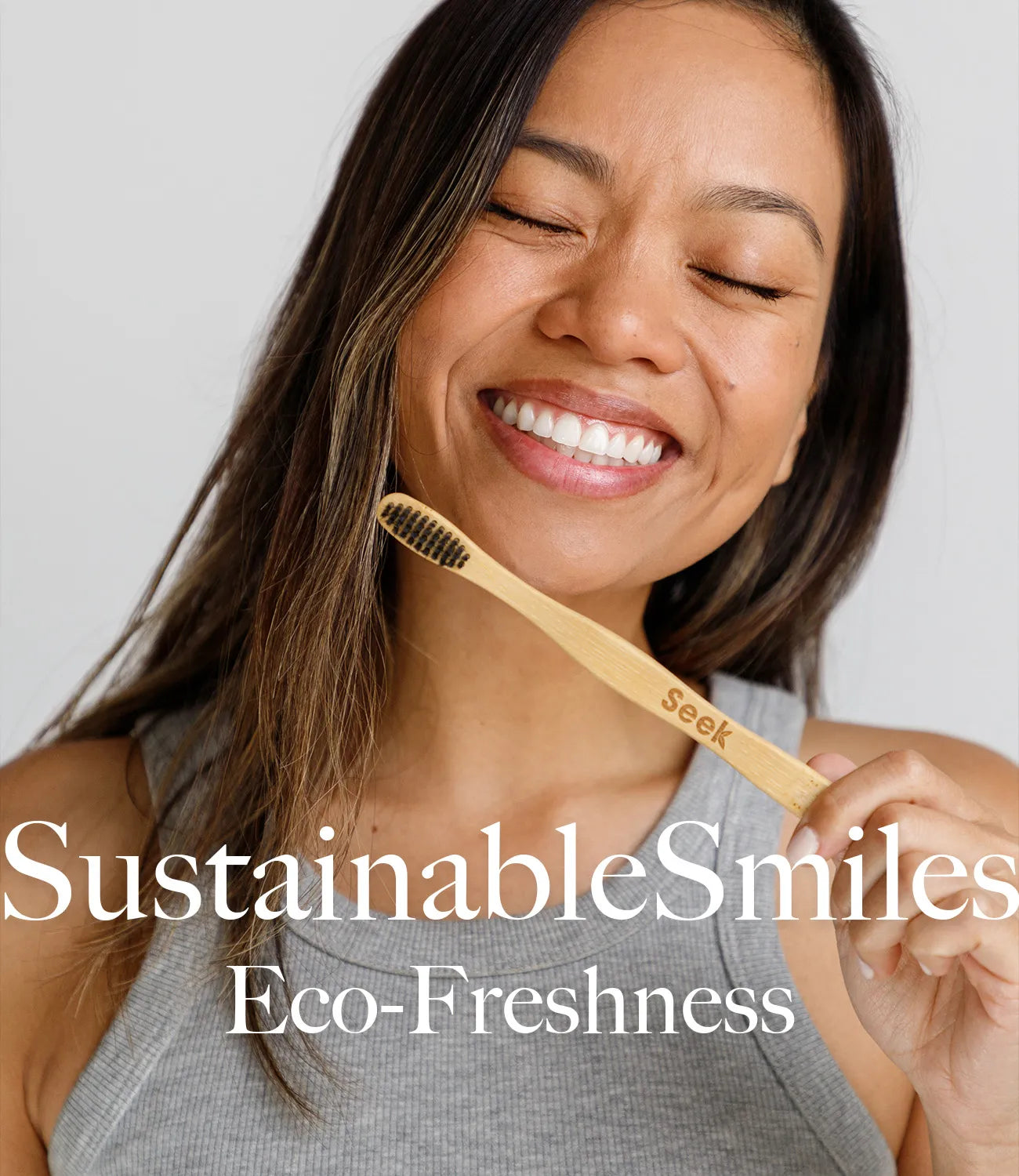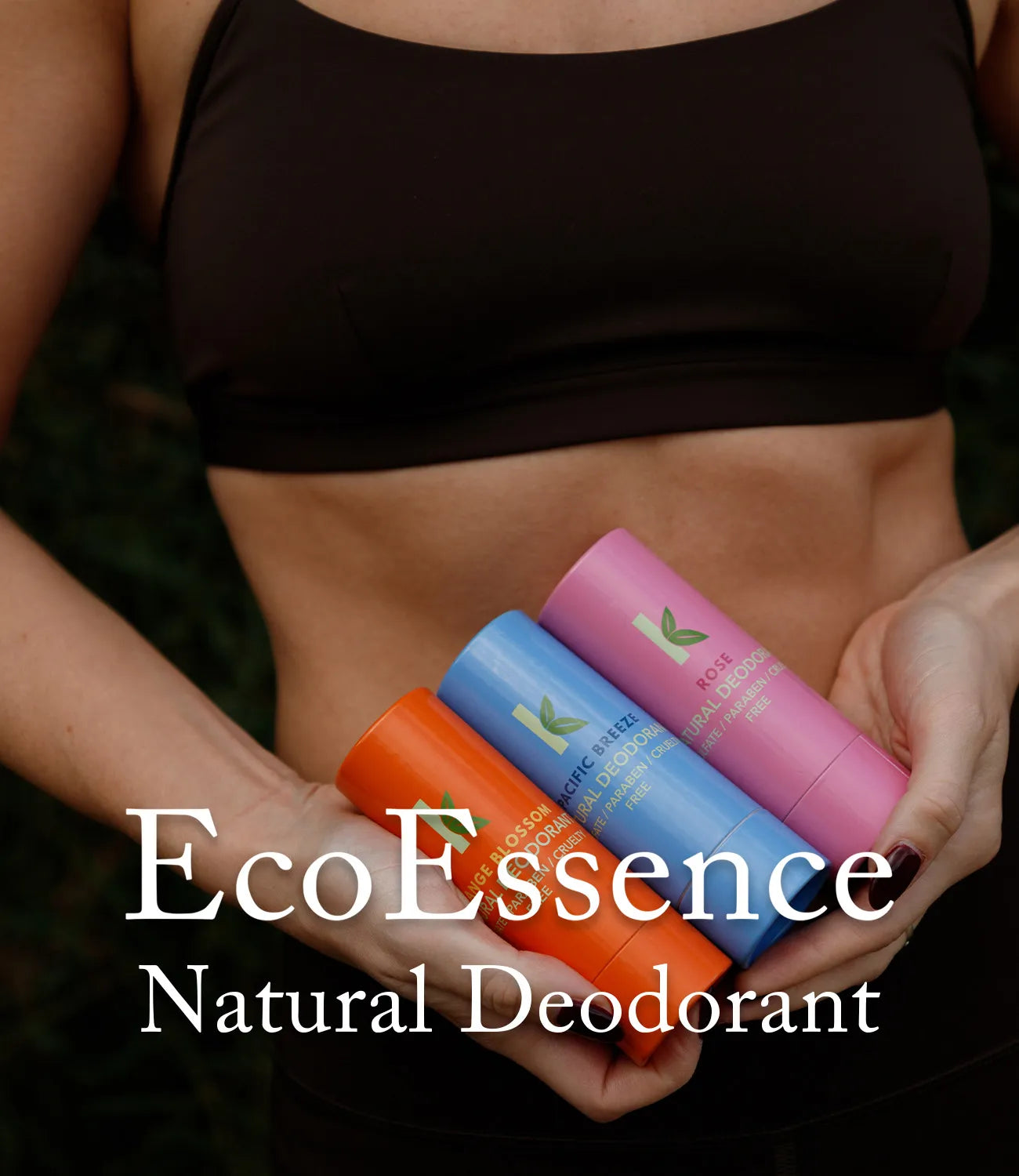Tea Tree Oil For Hair
Welcome to the world where nature's elixir transforms hair care into a rejuvenating journey – welcome to the wonders of tea tree oil for hair! Nestled within the leaves of the Australian Melaleuca alternifolia tree, this miraculous oil has journeyed from the rugged outbacks into our bathrooms, revolutionizing the way we treat our tresses. Tea tree oil, with its potent antiseptic, antifungal, and nourishing properties, isn't just another ingredient; it's a herald of healthy hair revolution. Imagine a solution that doesn't just promise, but delivers a scalp free from dandruff, irritation, and the woes of hair fall. Picture a natural remedy that gently whispers life back into each strand, turning dull, lifeless hair into a lustrous mane worthy of envy. This blog isn't just about singing praises of tea tree oil; it's a deep dive into how this nature's wonder works its magic, the myths it shatters, and the truths it upholds. So, whether you're battling the ever-persistent flake-fight, yearning for stronger roots, or simply seeking a natural alternative for lustrous locks, let's embark on this aromatic and therapeutic journey together. Welcome to the transformative world of tea tree oil for hair – where each drop is a step closer to the crowning glory you deserve!
What Is Tea Tree Oil?
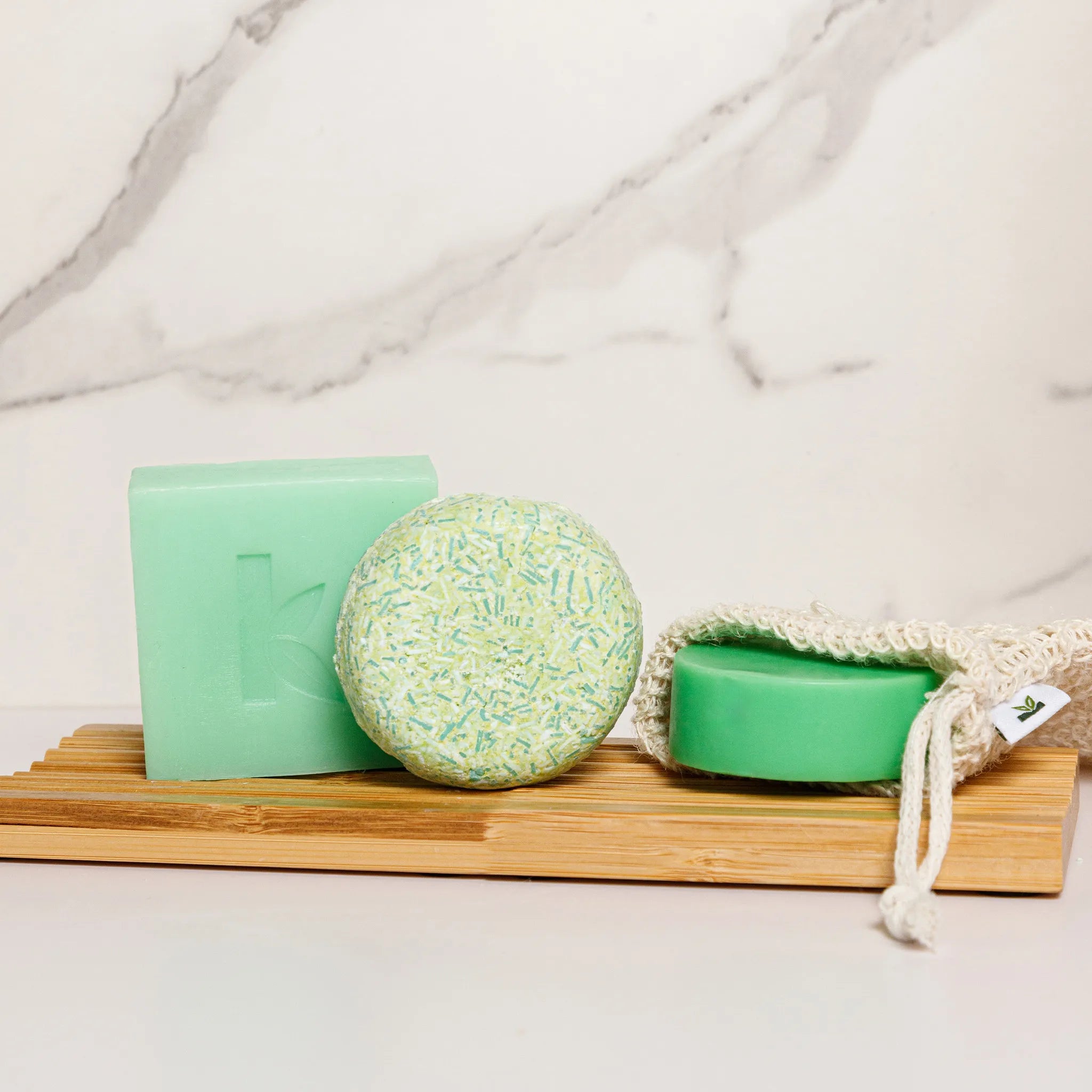
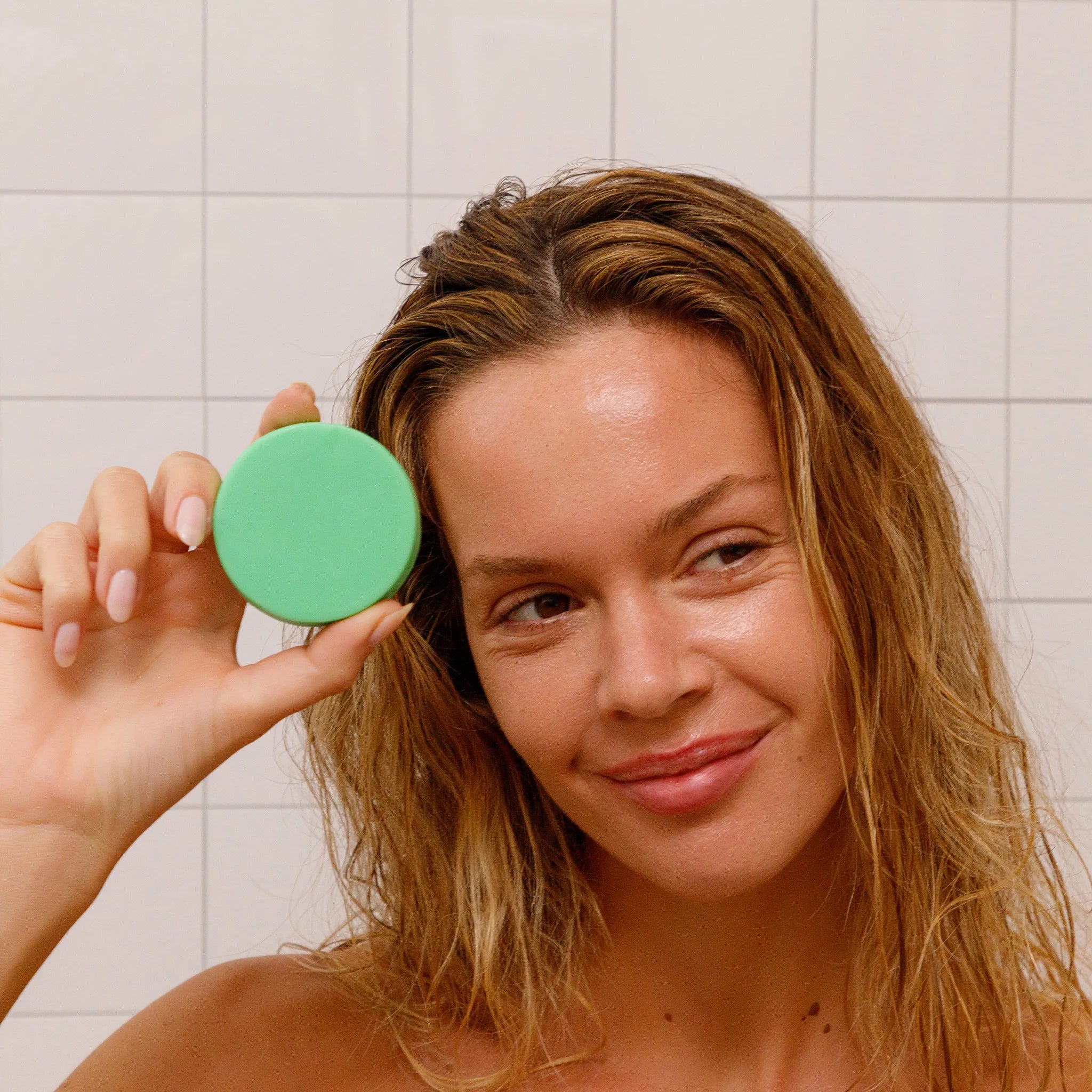





Diving deeper into our aromatic journey, let's unfold the essence of what tea tree oil truly is. Originating from the steam-distilled leaves of the Melaleuca alternifolia, a native tree in Australia, tea tree oil is a clear to very pale golden color essential oil known for its fresh, camphoraceous aroma. This oil has been a cornerstone in traditional Australian medicine for centuries, used by the indigenous Bundjalung people for a variety of purposes, including healing skin ailments and respiratory issues. In the realm of hair care, tea tree oil is a multitasking marvel. At its core, it's a potent antimicrobial agent, making it effective against bacteria, fungi, and even certain viruses. This is attributed to its primary active components, such as terpinen-4-ol, which endows it with its impressive antiseptic properties. Beyond its microbial prowess, tea tree oil is also an anti-inflammatory powerhouse, soothing irritated scalps and reducing flakiness and itchiness. Its ability to gently cleanse and unclog hair follicles contributes to healthier hair growth and scalp health. In the modern beauty world, it's not just an ingredient; it's a holistic solution for those seeking a natural approach to hair care. As we explore further, we'll see how this humble oil has become a key player in addressing a range of hair and scalp concerns, making it a revered ingredient in the natural beauty lexicon.
Is Tea Tree Oil Good For Hair?
As we delve deeper into the enigma of tea tree oil, a pivotal question arises: Is tea tree oil truly good for hair? The answer lies in its multifaceted benefits that address a spectrum of hair and scalp concerns. To begin with, tea tree oil's antifungal properties make it a formidable foe against dandruff. Dandruff, often caused by the overgrowth of yeast-like fungi, finds a natural adversary in tea tree oil. By maintaining a balanced scalp biome, it helps alleviate the itchiness and flakiness associated with dandruff, promoting a healthier scalp environment.But the benefits of tea tree oil extend far beyond dandruff control. Its antibacterial qualities play a crucial role in keeping the scalp clean and free from bacterial infections, which can be a hidden culprit behind hair fall and stunted growth. By ensuring a clean, infection-free scalp, tea tree oil lays the foundation for robust hair growth. Additionally, its anti-inflammatory properties come into play by soothing irritated scalps, reducing redness and swelling, and providing relief from conditions like scalp psoriasis or folliculitis.The oil’s natural astringent properties help regulate sebum production in the scalp. For those with an oily scalp, this means less greasiness and a fresher feel. Conversely, when blended with hydrating carriers, it can also cater to dry scalps, ensuring a balanced approach to scalp health.Moreover, tea tree oil is a boon for hair growth. By unclogging hair follicles and nourishing the roots, it creates an optimal environment for hair growth. This is particularly beneficial for those experiencing hair thinning or looking to enhance their hair's overall health and vitality. The stimulation of blood flow to the scalp, courtesy of a tea tree oil scalp massage, further invigorates hair growth, offering a double whammy of nourishment and stimulation.But what about hair texture and shine? Tea tree oil, when used judiciously, can add a lustrous sheen to your locks, making them appear vibrant and healthy. This is because a clean, healthy scalp often translates to hair that looks and feels good.In essence, tea tree oil is a versatile natural ingredient that caters to a myriad of hair needs. Whether it’s fighting off dandruff, promoting hair growth, balancing oil production, or simply adding a natural sheen to your hair, tea tree oil could be the answer to many hair woes. However, it’s important to remember that natural doesn't always mean mild. Tea tree oil is potent, and its concentration needs to be carefully managed, especially for those with sensitive skin or specific allergies. Always conducting a patch test and diluting it with a suitable carrier oil or in a shampoo can help mitigate potential adverse reactions, allowing you to reap its full benefits safely.
How Tea Tree Oil Works in Hair Care
Tea tree oil has gained a reputation as a powerhouse ingredient in hair care, thanks to its wide-ranging benefits for both the scalp and hair. Understanding the mechanism of action of tea tree oil and how it compares to other essential oils can help highlight its unique qualities and effectiveness.
Mechanism of Action: How Tea Tree Oil Benefits Hair and Scalp
Tea tree oil is derived from the leaves of the Melaleuca alternifolia plant, native to Australia. Its effectiveness in hair care is primarily due to its natural antiseptic, antifungal, and anti-inflammatory properties. Here's how it works:
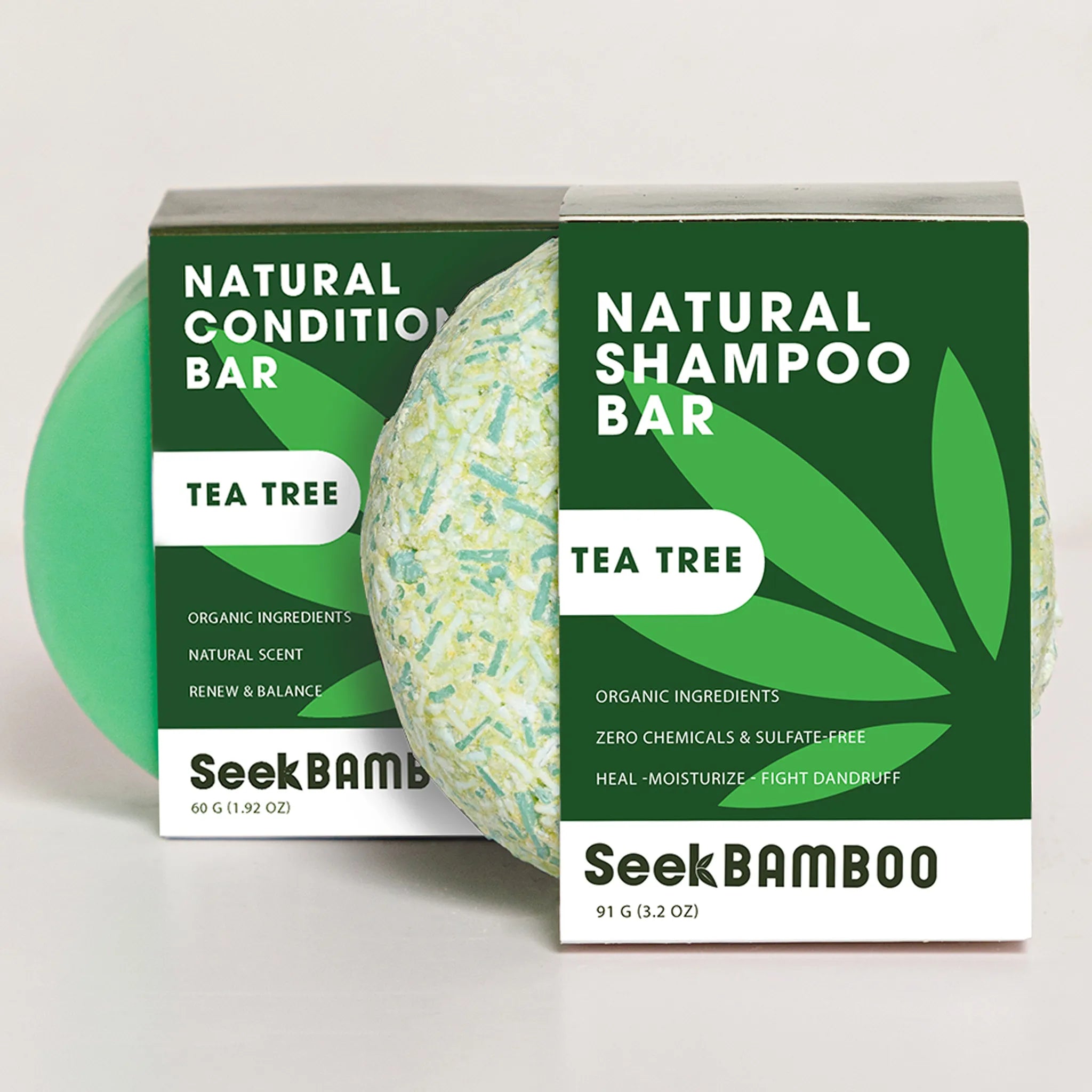

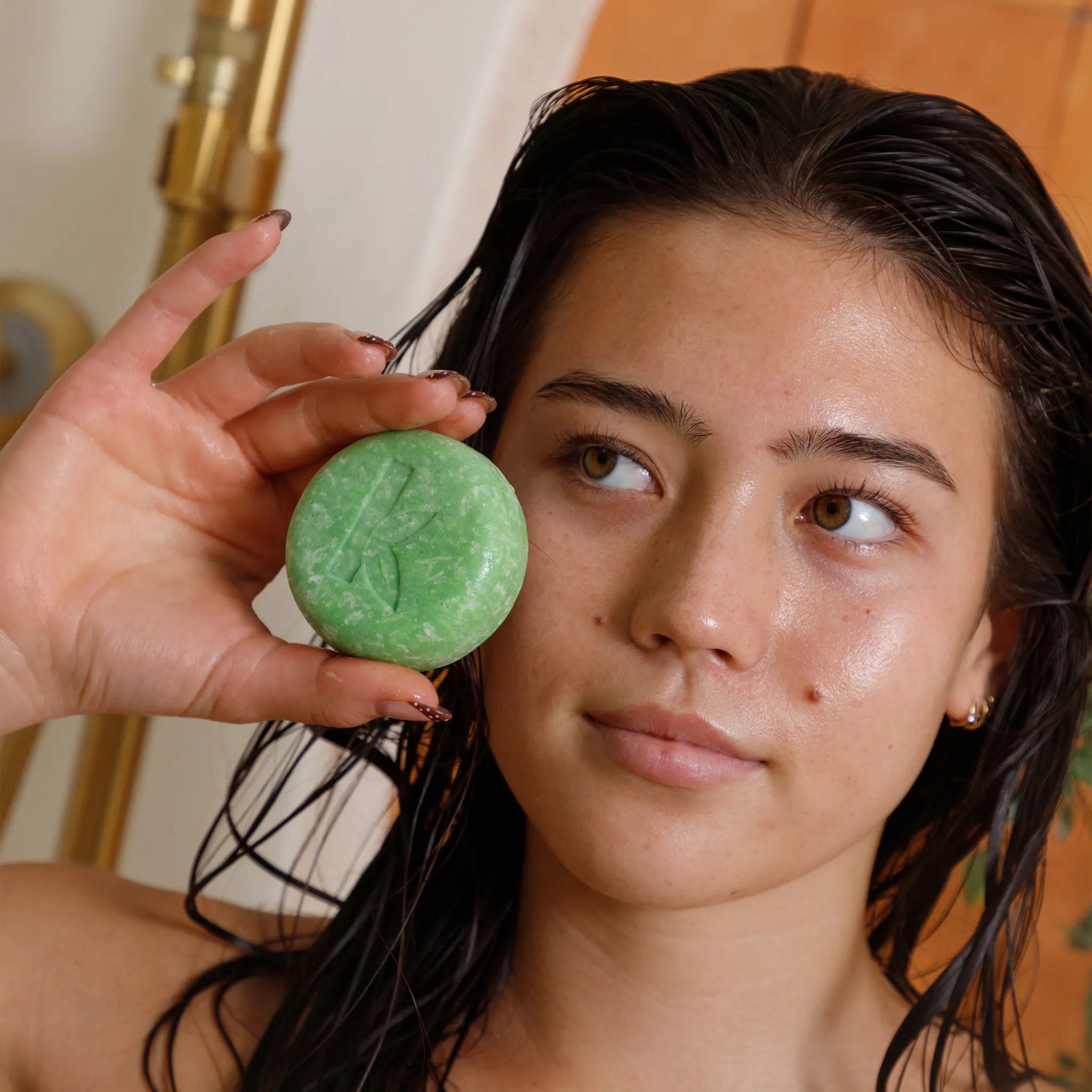




Antimicrobial Action
- Fighting Dandruff: Tea tree oil's antifungal properties help combat the yeast (Malassezia) that contributes to dandruff and other scalp issues. By reducing the presence of this yeast, tea tree oil can alleviate flaking and itching, promoting a healthier scalp.
- Reducing Scalp Acne: The antibacterial nature of tea tree oil helps reduce scalp acne by eliminating bacteria that clog hair follicles and cause breakouts. This leads to a cleaner scalp environment and reduced inflammation.
Anti-Inflammatory Properties
- Soothing Irritation: Tea tree oil contains compounds like terpinen-4-ol, which have anti-inflammatory effects that soothe scalp irritations and reduce redness and itching. This is particularly beneficial for individuals with sensitive or irritated scalps.
- Calming Psoriasis and Eczema: The anti-inflammatory properties can also help calm conditions such as psoriasis and eczema, which often lead to itchy, inflamed scalps.
Unclogging Hair Follicles
- Promoting Hair Growth: By removing dead skin cells, oils, and other impurities that block hair follicles, tea tree oil can encourage new hair growth. This unclogging effect allows the hair follicles to function optimally, potentially leading to healthier hair growth.
- Balancing Oil Production: Tea tree oil helps balance the scalp's natural oil production, preventing the buildup of excess oil that can weigh hair down and lead to greasiness.
Moisturizing the Scalp
- Hydrating Effect: While tea tree oil is excellent at clarifying, it also has a moisturizing effect that helps keep the scalp hydrated without making it oily. This balance is crucial for maintaining a healthy scalp environment that supports hair health.
Tea Tree vs. Other Oils
Tea tree oil is not the only essential oil used in hair care, but it stands out due to its specific properties. Here's how it compares to other popular essential oils like lavender and peppermint:
Lavender Oil
Similarities:
- Antimicrobial Properties: Like tea tree oil, lavender oil has antibacterial and antifungal properties that can help maintain scalp health.
- Calming Effects: Lavender oil is known for its calming aroma and ability to reduce stress, which can indirectly benefit hair health by promoting relaxation and reducing stress-related hair loss.
Differences:
- Moisturizing: Lavender oil is more hydrating than tea tree oil and is often used to treat dry hair and scalp.
- Hair Growth: While lavender oil can promote hair growth, it is not as potent as tea tree oil in unclogging follicles and reducing oil buildup.
Shop Lavender Products
Peppermint Oil
Similarities:
- Stimulating Scalp: Peppermint oil has a cooling and tingling effect that stimulates blood flow to the scalp, similar to the effects of tea tree oil.
- Antimicrobial Properties: Both oils have antimicrobial properties that help cleanse the scalp and fight bacteria.
Differences:
- Cooling Sensation: Peppermint oil provides a stronger cooling sensation, which can invigorate the scalp but may not be suitable for sensitive skin.
- Focus on Circulation: Peppermint oil is often used primarily for its ability to stimulate circulation rather than treat dandruff or scalp infections as effectively as tea tree oil.
Rosemary Oil
Similarities:
- Promoting Hair Growth: Rosemary oil is known for stimulating hair growth and improving circulation, similar to tea tree oil's effects.
- Strengthening Hair: Both oils are used to strengthen hair and improve scalp health.
Differences:
- Antioxidant Properties: Rosemary oil is rich in antioxidants, which help protect hair from damage, while tea tree oil focuses more on antimicrobial and anti-inflammatory actions.
- Scent Profile: Rosemary has a more herbaceous scent compared to the medicinal aroma of tea tree oil.
Differences:
- Antioxidant Properties: Rosemary oil is rich in antioxidants, which help protect hair from damage, while tea tree oil focuses more on antimicrobial and anti-inflammatory actions.
- Scent Profile: Rosemary has a more herbaceous scent compared to the medicinal aroma of tea tree oil.
Shop Rosemary Products
Who Can Benefit from Tea Tree Oil?
Tea tree oil is a versatile and powerful ingredient in hair care, suitable for a wide range of hair types and conditions. Its natural properties make it particularly beneficial for certain scalp and hair issues. Understanding who can benefit most from tea tree oil can help individuals tailor their hair care routine to achieve optimal results.
Hair Types
Tea tree oil offers targeted benefits for various hair types and conditions, making it a valuable addition to many hair care routines. Here’s a closer look at how different hair types can benefit from tea tree oil:
Oily Scalps
- Balancing Oil Production: Tea tree oil is highly effective for those with oily scalps, as it helps balance the scalp’s natural oil production. By reducing excess sebum, tea tree oil prevents the scalp from becoming overly greasy, which can weigh hair down and lead to a lackluster appearance.
- Clarifying Properties: The oil’s natural astringent properties help cleanse the scalp of built-up oils and product residues, keeping hair light and fresh.
Dandruff-Prone Hair
- Fighting Fungal Infections: Tea tree oil’s antifungal properties make it an excellent choice for individuals dealing with dandruff and flaky scalps. It targets the yeast (Malassezia) responsible for dandruff, reducing flakiness and itchiness. Tea tree oil is a great ingredient to look for when searching for the best shampoo for dandruff.
- Soothing Irritation: Its anti-inflammatory effects soothe scalp irritations and reduce redness, providing relief from dandruff-related discomfort.
Dry and Itchy Scalps
- Hydrating Effect: While tea tree oil is known for its clarifying properties, it also hydrates and soothes dry, itchy scalps, promoting a balanced and comfortable scalp environment.
- Reducing Inflammation: Tea tree oil calms inflamed scalp conditions, making it suitable for those suffering from scalp eczema or psoriasis.
Hair Thinning and Hair Loss
- Unclogging Follicles: For individuals experiencing hair thinning, tea tree oil helps unclog hair follicles, promoting healthy hair growth and reducing follicle blockages that can lead to hair loss.
- Stimulating Growth: By improving blood circulation to the scalp, tea tree oil nourishes hair roots and encourages new hair growth.
Normal Hair Types
- Preventive Care: Even those with normal hair can benefit from tea tree oil’s preventive care properties. Regular use can help maintain a healthy scalp environment, preventing common issues like dandruff and excess oil buildup.
Incorporating tea tree oil into a hair care routine can offer significant benefits across a wide range of hair types and conditions. Whether dealing with dandruff, oiliness, hair thinning, or scalp irritation, tea tree oil provides a natural, effective solution that caters to the needs of diverse demographics. By choosing products like a tea tree oil shampoo bar, individuals can harness these benefits and enjoy healthier, more vibrant hair.
Overall, tea tree oil is particularly effective for individuals dealing with dandruff, scalp irritation, or clogged follicles due to its strong antimicrobial and anti-inflammatory properties. While other essential oils offer their own unique benefits, tea tree oil’s ability to target specific scalp issues makes it a valuable addition to any hair care routine, especially when incorporated into products like your tea tree oil shampoo bar. This natural solution helps maintain a clean, balanced scalp environment, supporting healthy hair growth and overall hair health.
Our tea tree shampoo bar embodies the essence of eco-conscious hair care. With tea tree oil as its star ingredient, it not only cleanses and nourishes your hair but also promotes a healthy scalp. Tea tree oil's antifungal and antibacterial properties help combat dandruff and itchiness, leaving your scalp refreshed and revitalized.
Tea Tree Magic
Tea Tree Oil's Triumph in Hair Care
What are the benefits of tea tree oil for hair?
Tea tree oil is known for its antibacterial, antifungal, and anti-inflammatory properties, making it effective against dandruff and scalp buildup. It helps maintain a clean scalp, which can prevent hair loss due to inflammation. Tea tree oil also keeps hair strands shiny and can be beneficial in treating scalp acne.
Is tea tree oil good for all hair types?
Tea tree oil is versatile and beneficial for most hair types due to its natural antibacterial, antifungal, and anti-inflammatory properties. However, its effectiveness varies depending on individual hair and scalp needs. Here’s a closer look at how tea tree oil interacts with different hair types:
1. Oily Hair
Tea tree oil is particularly beneficial for oily hair because it helps regulate sebum production. Excess oil on the scalp can lead to clogged hair follicles and a greasy appearance. By cleansing the scalp and removing buildup, tea tree oil creates a balanced environment that keeps hair looking fresh and clean. A tea tree shampoo bar is a great option for managing oily hair without over-drying.
2. Dry Hair
For dry hair, tea tree oil can offer relief from scalp flakiness and irritation often caused by dryness. However, tea tree oil itself can be drying if not used in moderation or if applied directly in its undiluted form. Dry-haired individuals benefit most when tea tree oil is combined with moisturizing ingredients like shea butter, coconut oil, or glycerin, as found in many natural shampoo bars.
Can tea tree oil help with hair growth?
Tea tree oil doesn’t directly stimulate hair growth but creates the ideal conditions for healthy hair to thrive. By reducing scalp irritation, eliminating buildup, and maintaining clean follicles, it ensures hair strands can grow unimpeded. Over time, regular use can improve the overall health and appearance of your hair, minimizing breakage and thinning.
Is Tea Tree Oil Safe for All Hair Types?
Yes, tea tree oil is generally safe for all hair types, including straight, wavy, curly, and coily textures. However, it’s especially beneficial for oily or dandruff-prone scalps. Those with sensitive skin or dry hair should use it sparingly or diluted, as its potency can be drying if overused. Products like a tea tree shampoo bar are often formulated to be gentle and balanced for broader use.
How does Tea Tree Oil Help with Dandruff?
Tea tree oil’s antifungal properties make it effective against Malassezia, a fungus often linked to dandruff. It reduces flakes, itchiness, and irritation by cleansing the scalp and balancing oil production. Using a tea tree shampoo bar regularly helps prevent the recurrence of dandruff and keeps your scalp feeling refreshed.
Can tea tree oil be used to treat scalp psoriasis?
While tea tree oil is not a cure for scalp psoriasis, it can help alleviate some symptoms, such as itching, redness, and irritation. Its anti-inflammatory properties soothe the scalp, while its cleansing abilities help remove scales and buildup. For those with sensitive conditions like psoriasis, it’s best to use tea tree oil in diluted forms, such as in a shampoo bar, to avoid aggravation.
How often should you use tea tree oil on your hair?
For most people, using a tea tree shampoo bar 2-3 times per week is sufficient to enjoy its benefits without over-drying the scalp. If you have severe dandruff or scalp irritation, you might start with more frequent use and adjust as your scalp improves. Overuse of tea tree oil can lead to dryness, so finding a balance is key.
Can tea tree oil help with oily hair?
Yes, tea tree oil is excellent for managing oily hair. It helps regulate sebum production, reducing the greasy buildup that can weigh down your hair. Tea tree oil’s cleansing properties also remove impurities, leaving your scalp feeling refreshed. A tea tree shampoo bar is a great option for those struggling with excess oil.
Is tea tree oil effective for lice treatment?
Tea tree oil has insecticidal properties that can help repel lice and reduce their spread. Some studies suggest that it can kill lice in their early stages and dissolve the protective barrier around their eggs, preventing hatching. Using a tea tree shampoo bar as part of your regular routine may offer mild protection, but for active infestations, it’s best combined with other lice treatment methods.
Can tea tree oil prevent hair loss?
Tea tree oil isn’t a direct cure for hair loss, but it can help reduce factors that contribute to it, such as clogged follicles, scalp irritation, and dandruff. By creating a healthier scalp environment, tea tree oil allows hair to grow stronger and minimizes breakage. Pairing tea tree oil with nourishing ingredients in a shampoo bar can support a holistic approach to preventing hair thinning.
What else is tea tree oil good for?
Tea tree oil is a versatile natural remedy with a wide range of uses beyond hair care. One of its standout applications is in tea tree soap, which harnesses the oil’s antibacterial and antifungal properties to deeply cleanse and purify the skin. It's especially beneficial for those dealing with acne, as it helps reduce breakouts by targeting bacteria and controlling excess oil. Tea tree soap is also a great option for soothing irritated skin and managing conditions like eczema or psoriasis.
Beyond soap, tea tree oil is commonly used in skincare products to help combat blemishes, redness, and inflammation. It’s also a popular ingredient in natural deodorants for its ability to neutralize odor-causing bacteria. Additionally, tea tree oil can be used as a spot treatment for insect bites or minor cuts and scrapes, thanks to its antiseptic qualities.
For household uses, tea tree oil works as a natural disinfectant. Adding a few drops to water or vinegar creates a powerful cleaning solution for surfaces, leaving them fresh and germ-free without harsh chemicals.
In summary, tea tree oil is a multi-functional powerhouse for personal care and beyond, from tea tree soap for clearer skin to cleaning solutions that refresh your home. Its natural properties make it a favorite for health-conscious individuals seeking gentle yet effective solutions.


